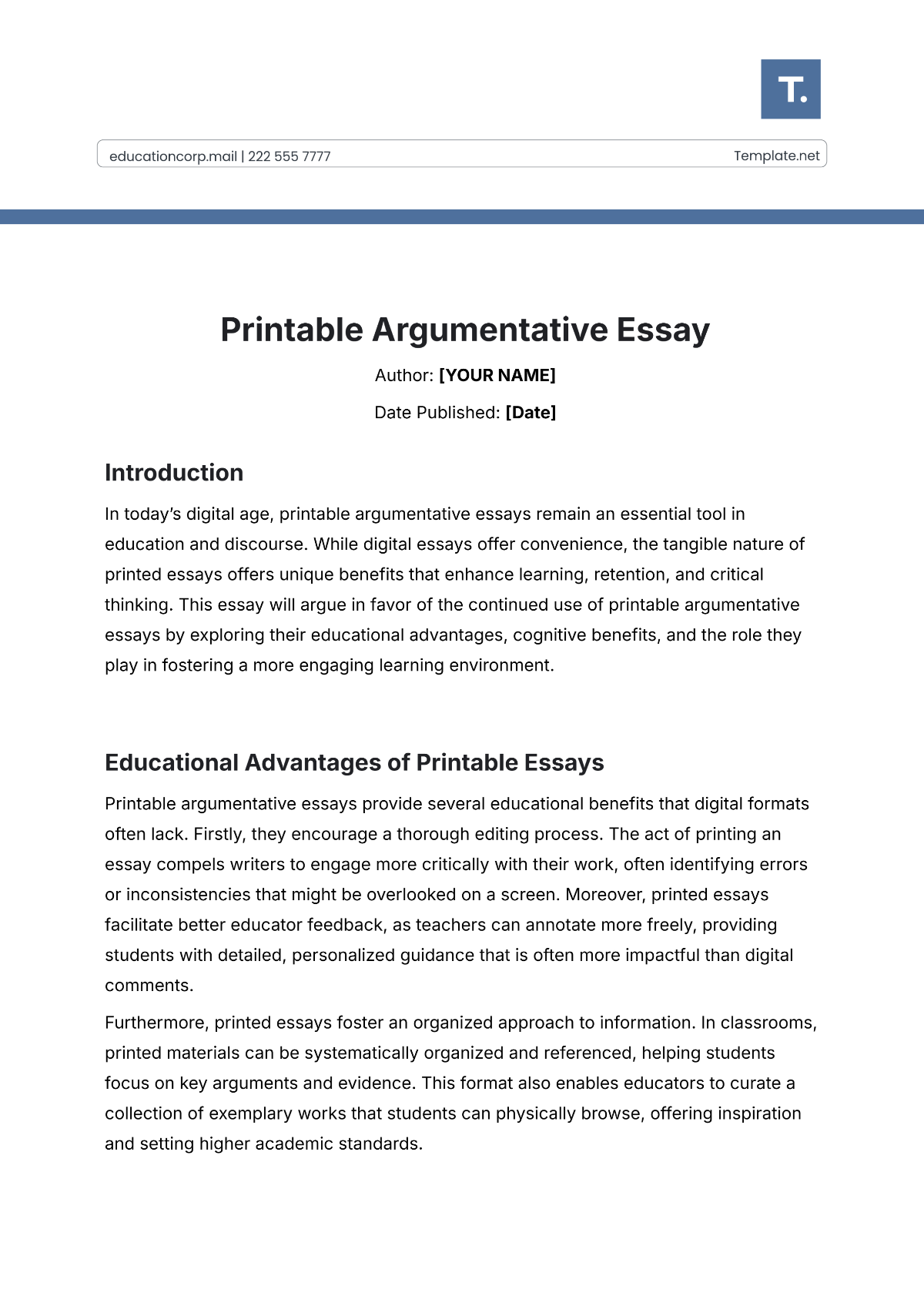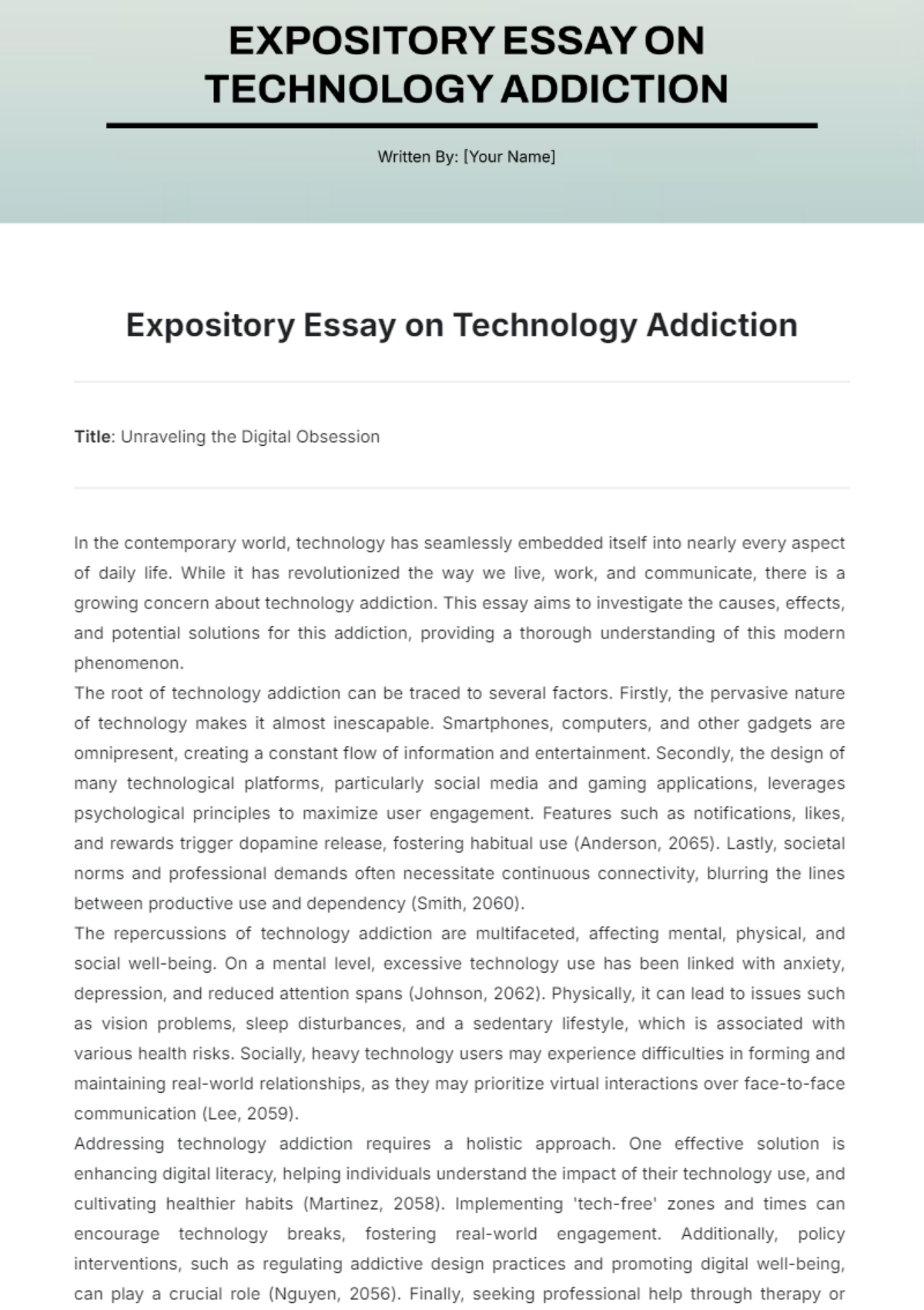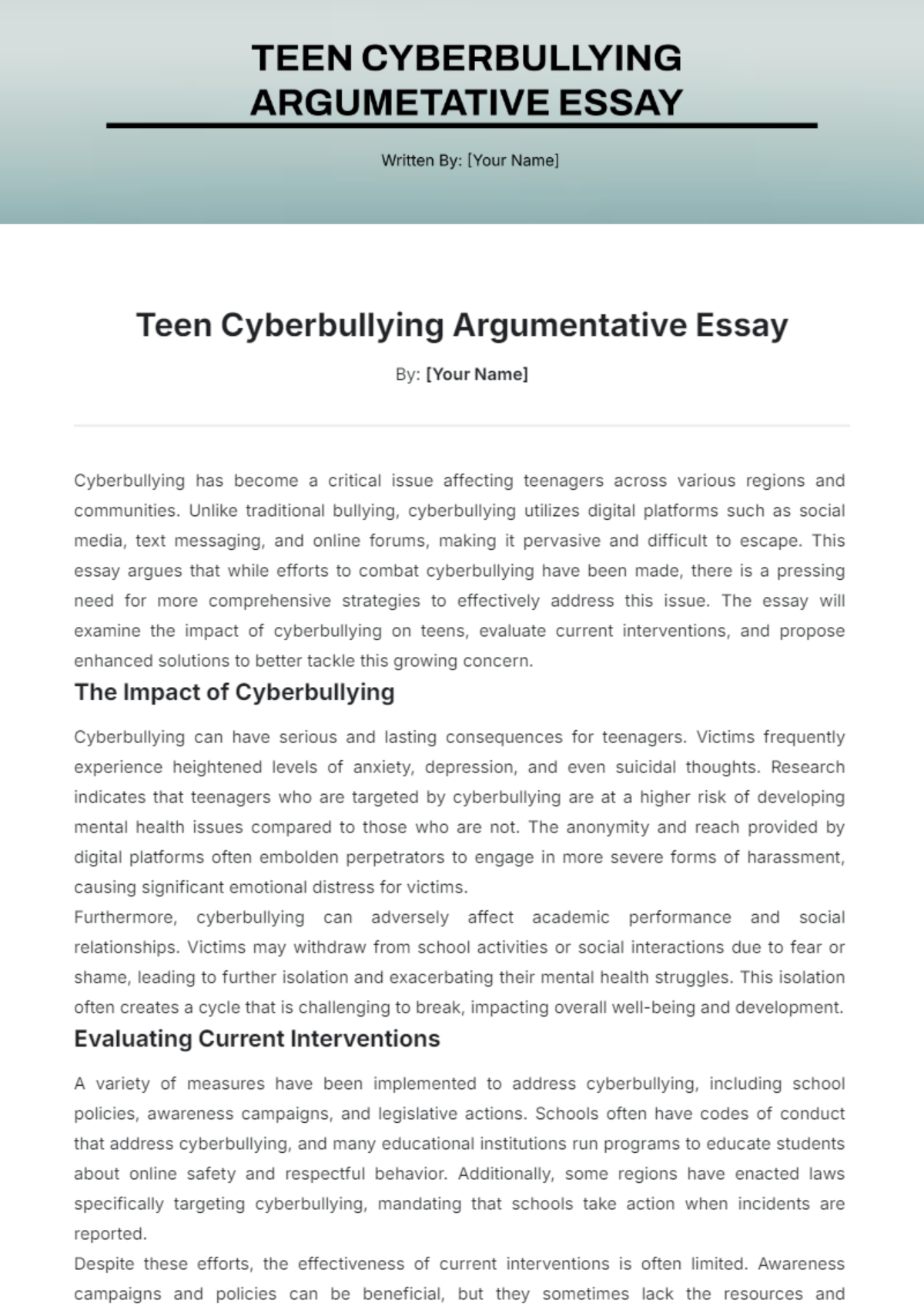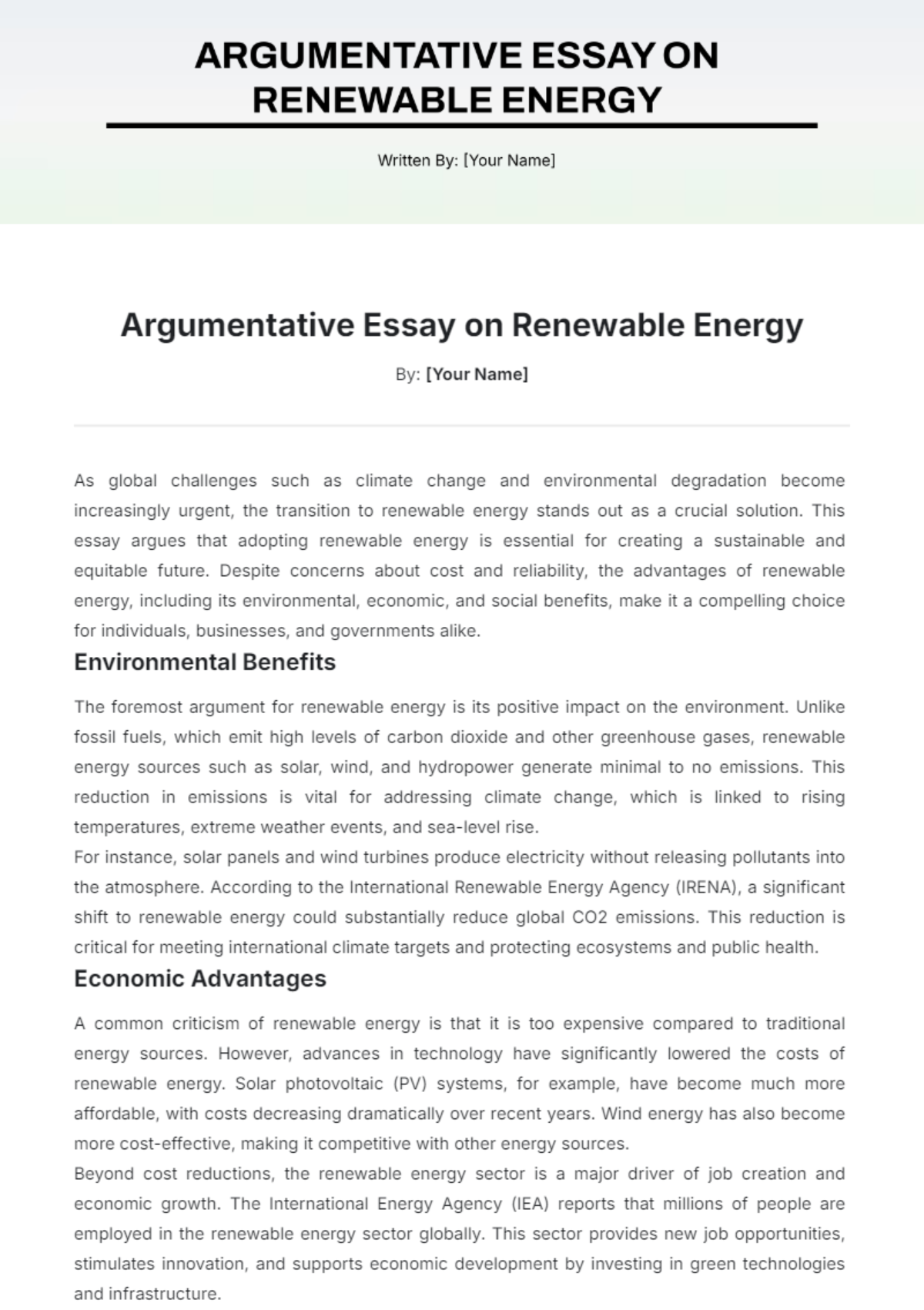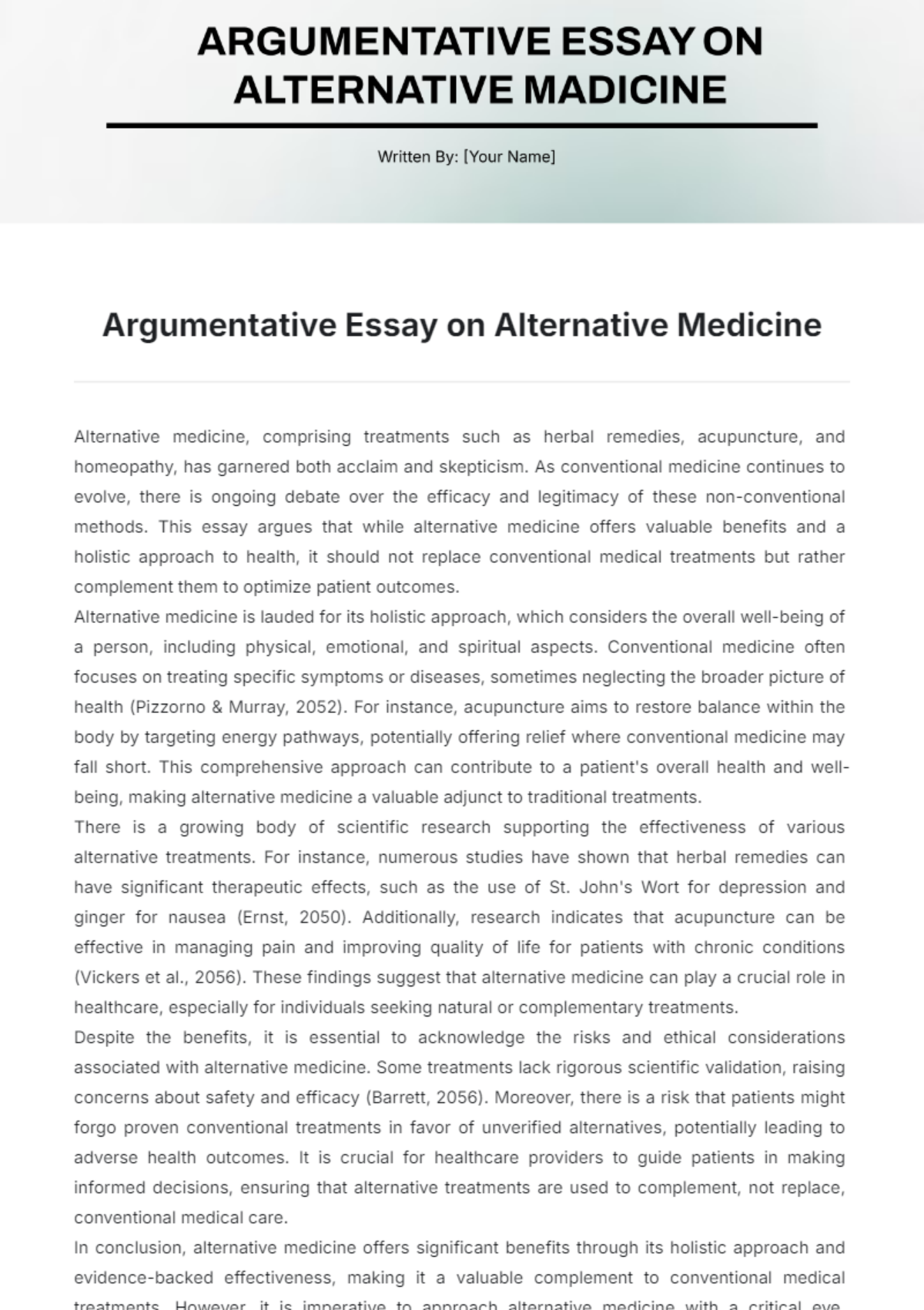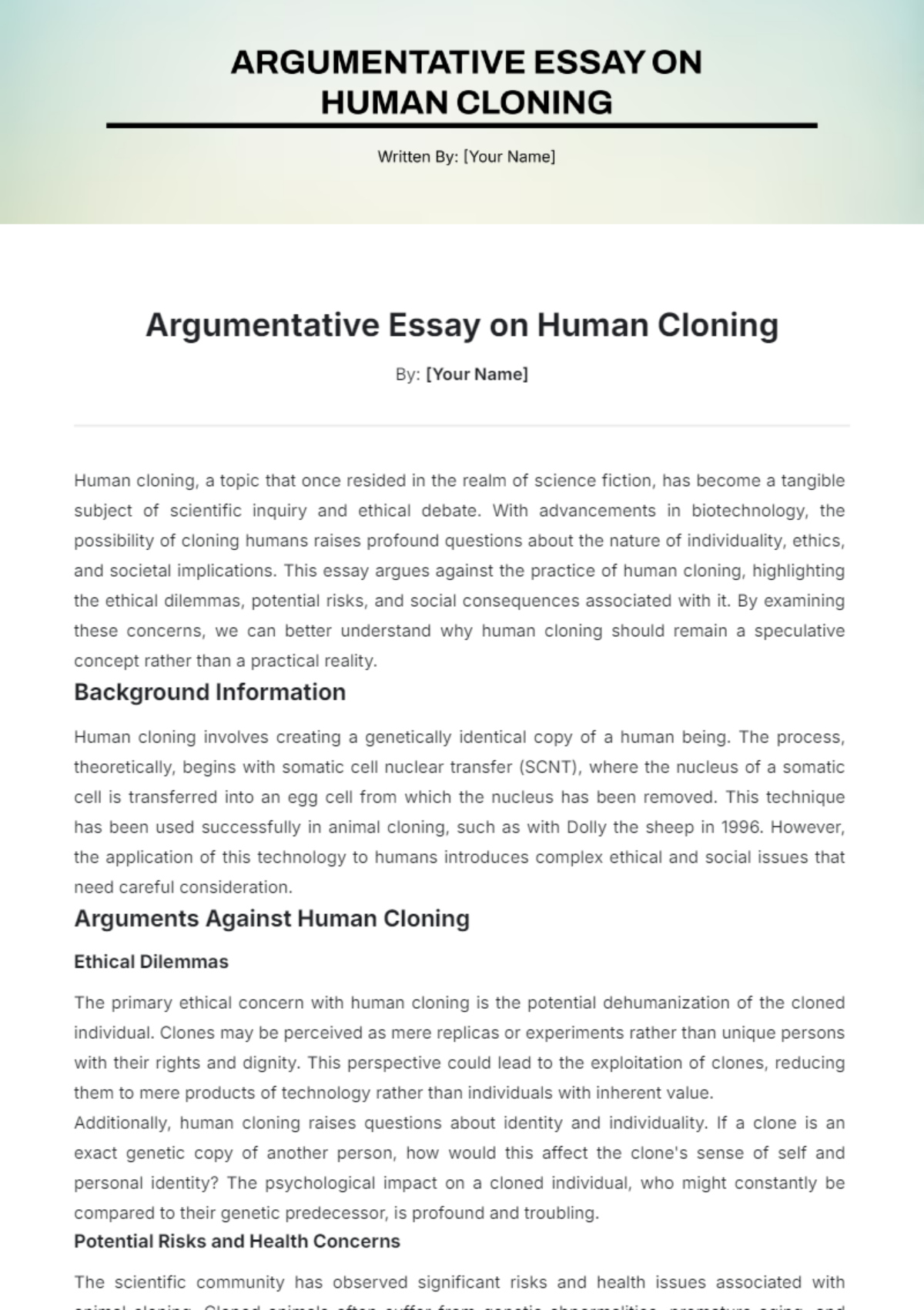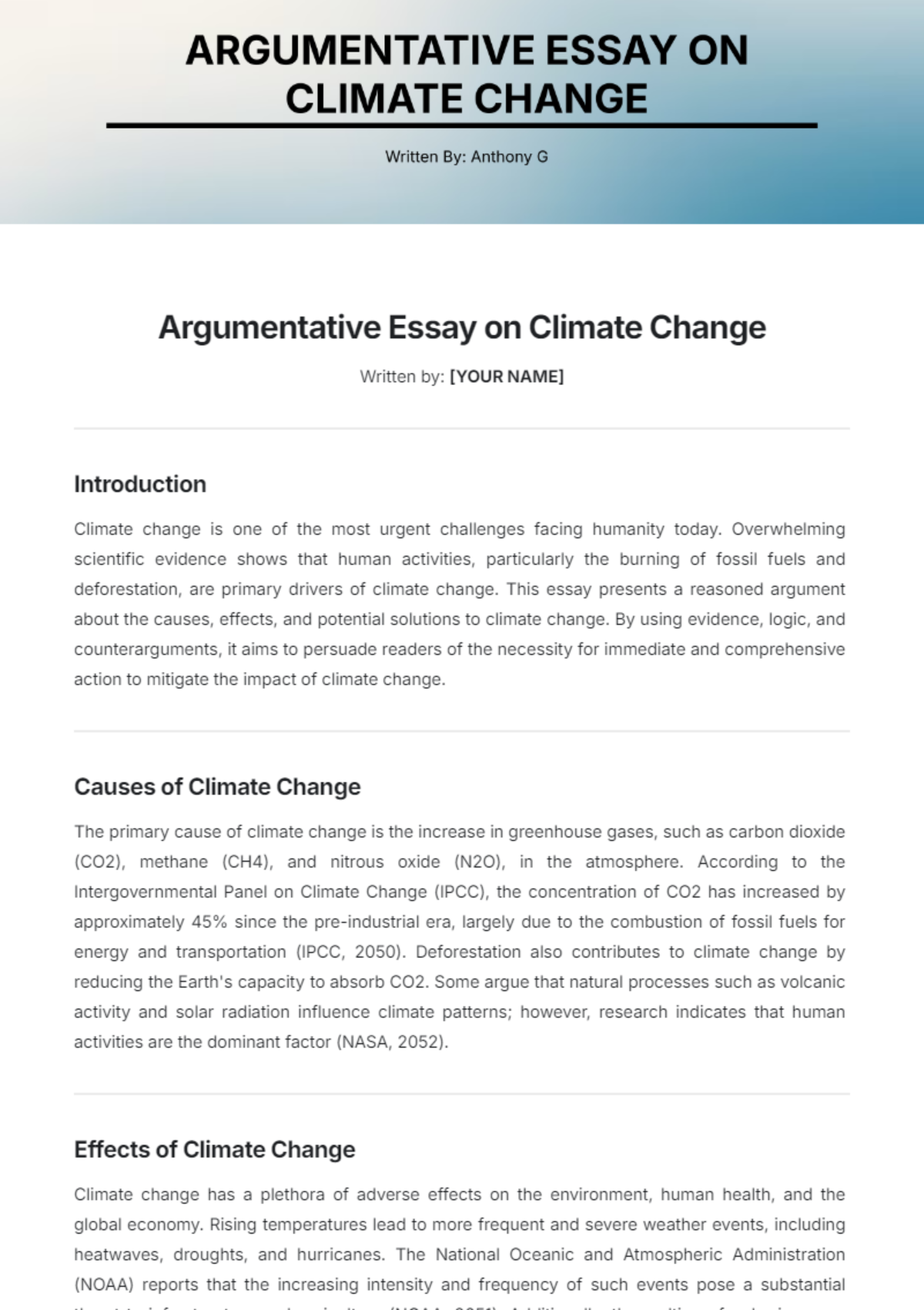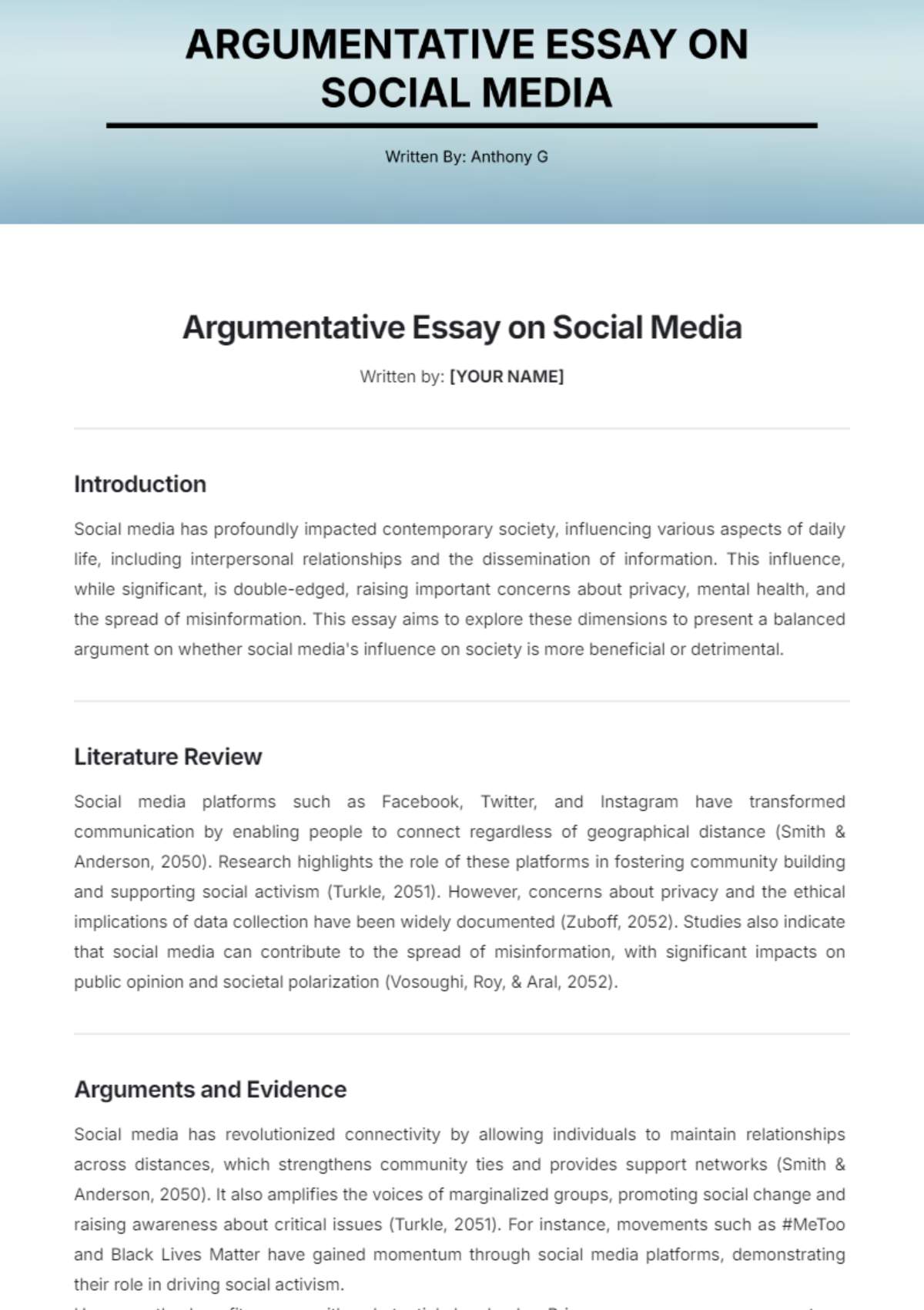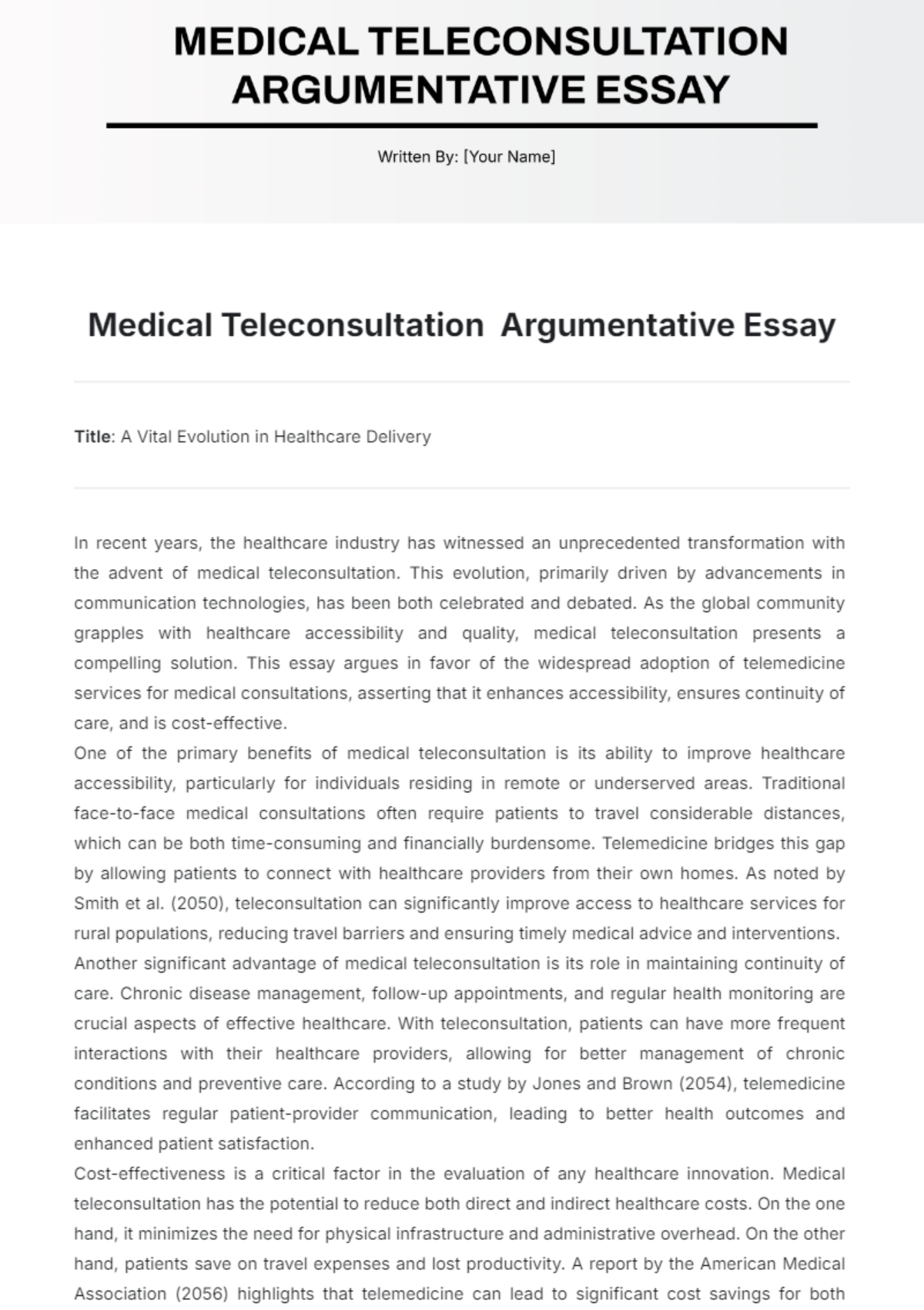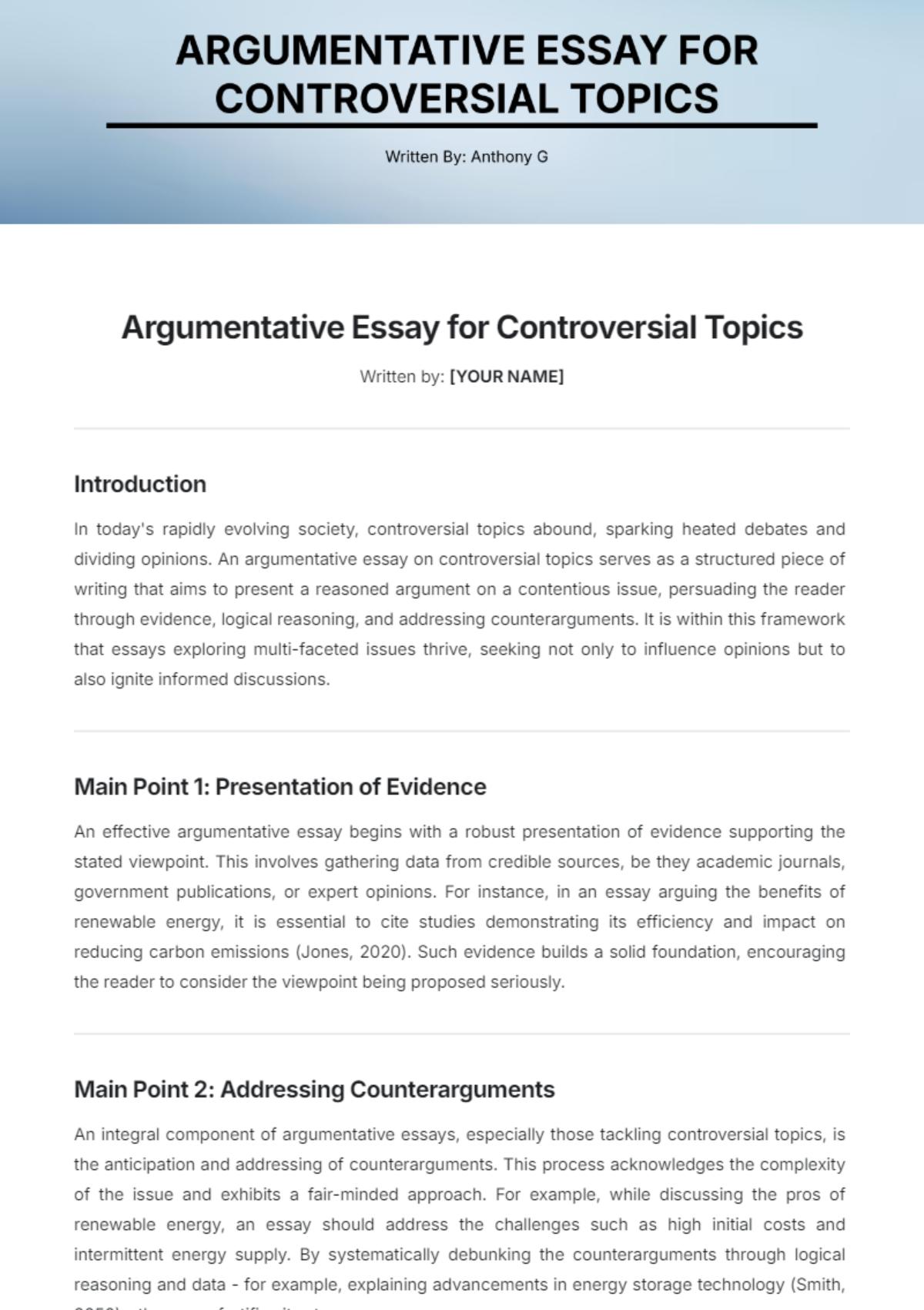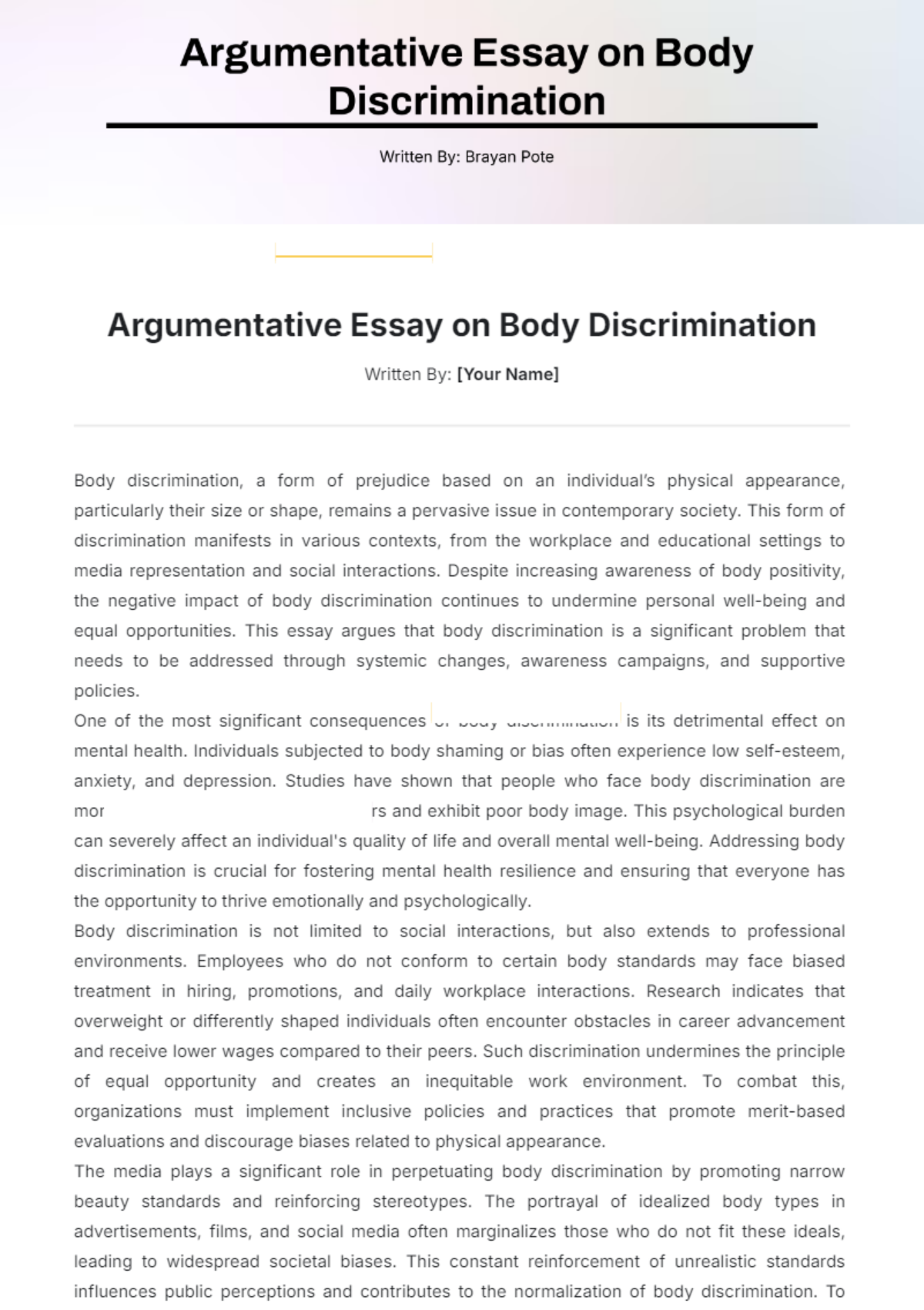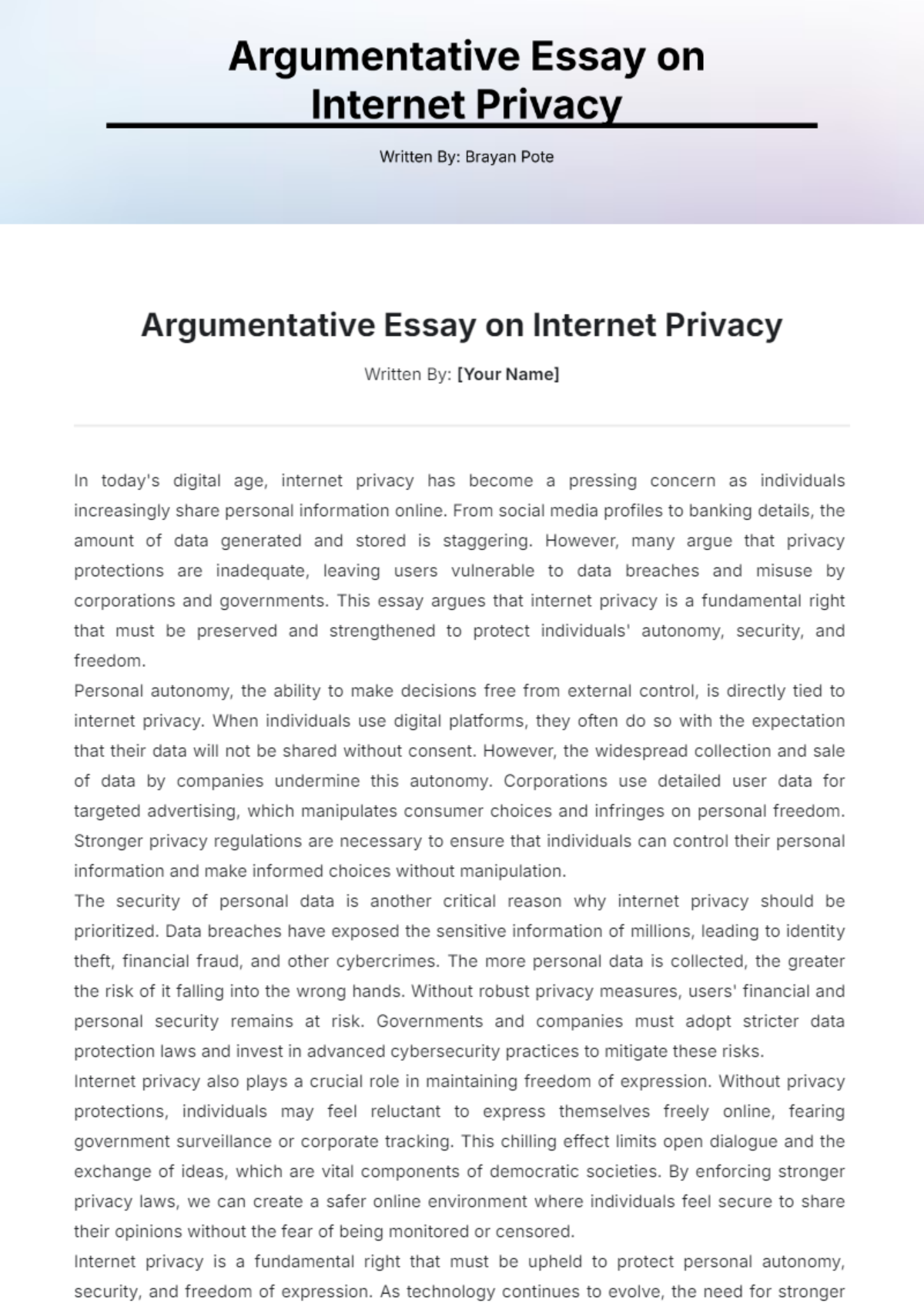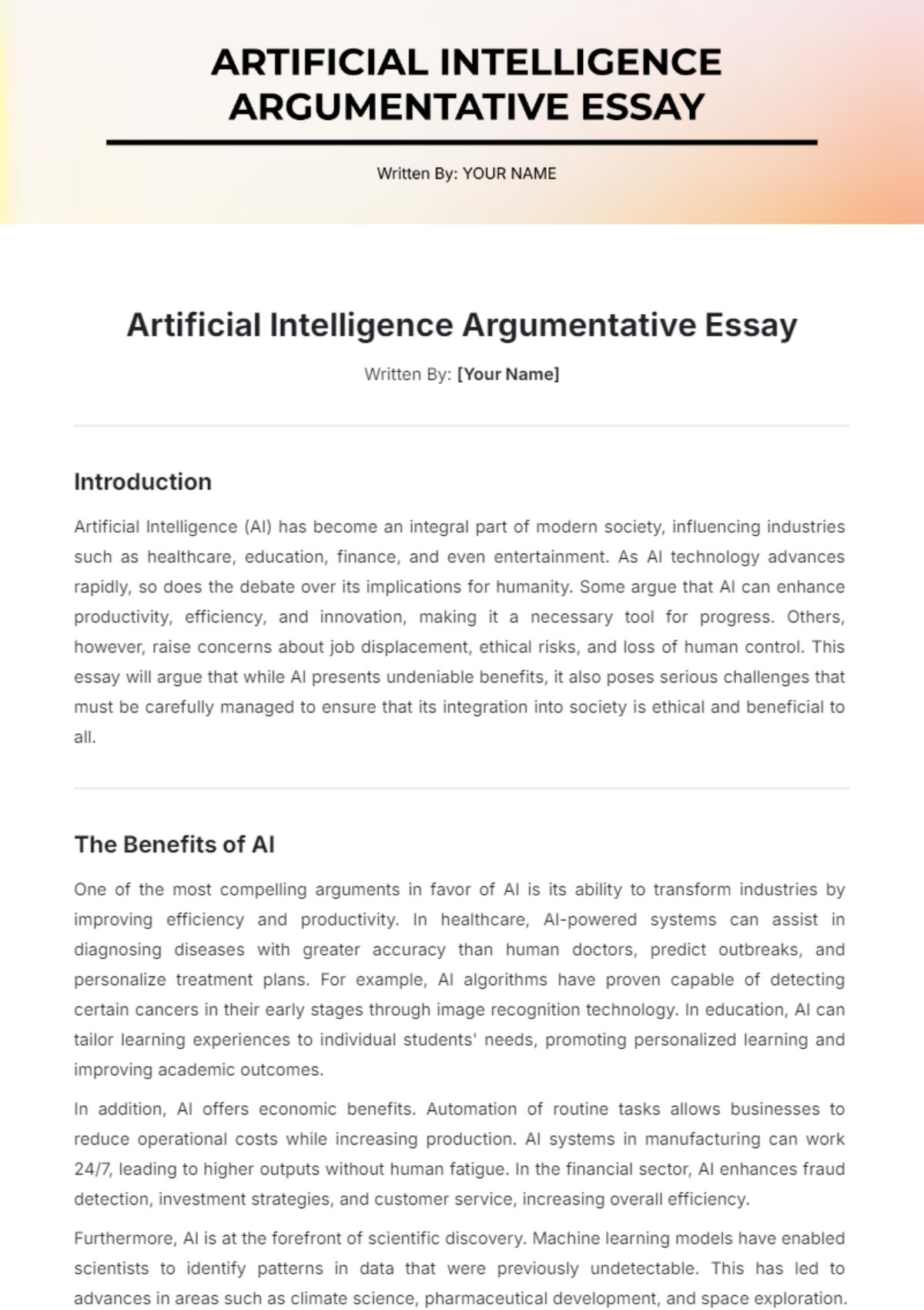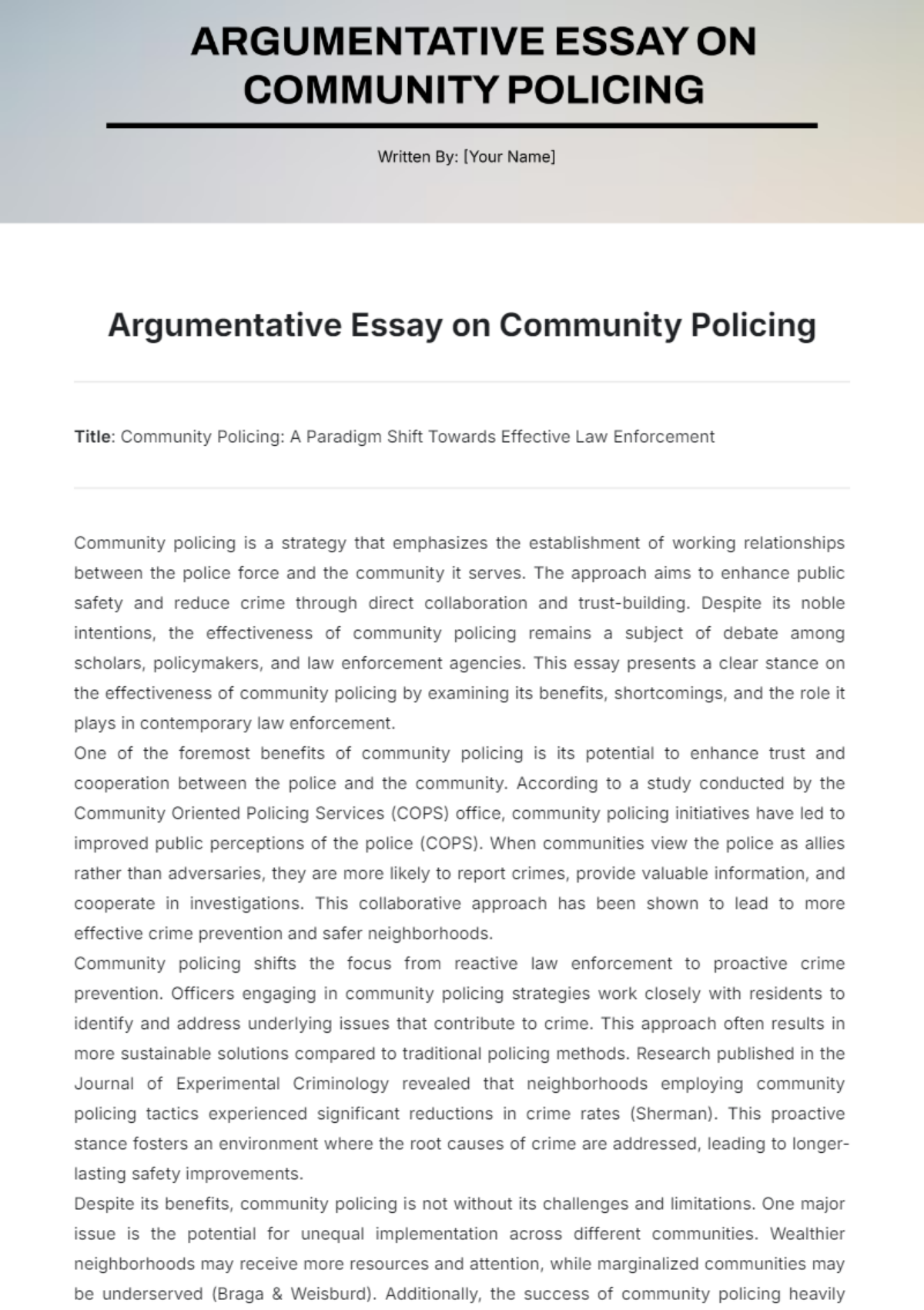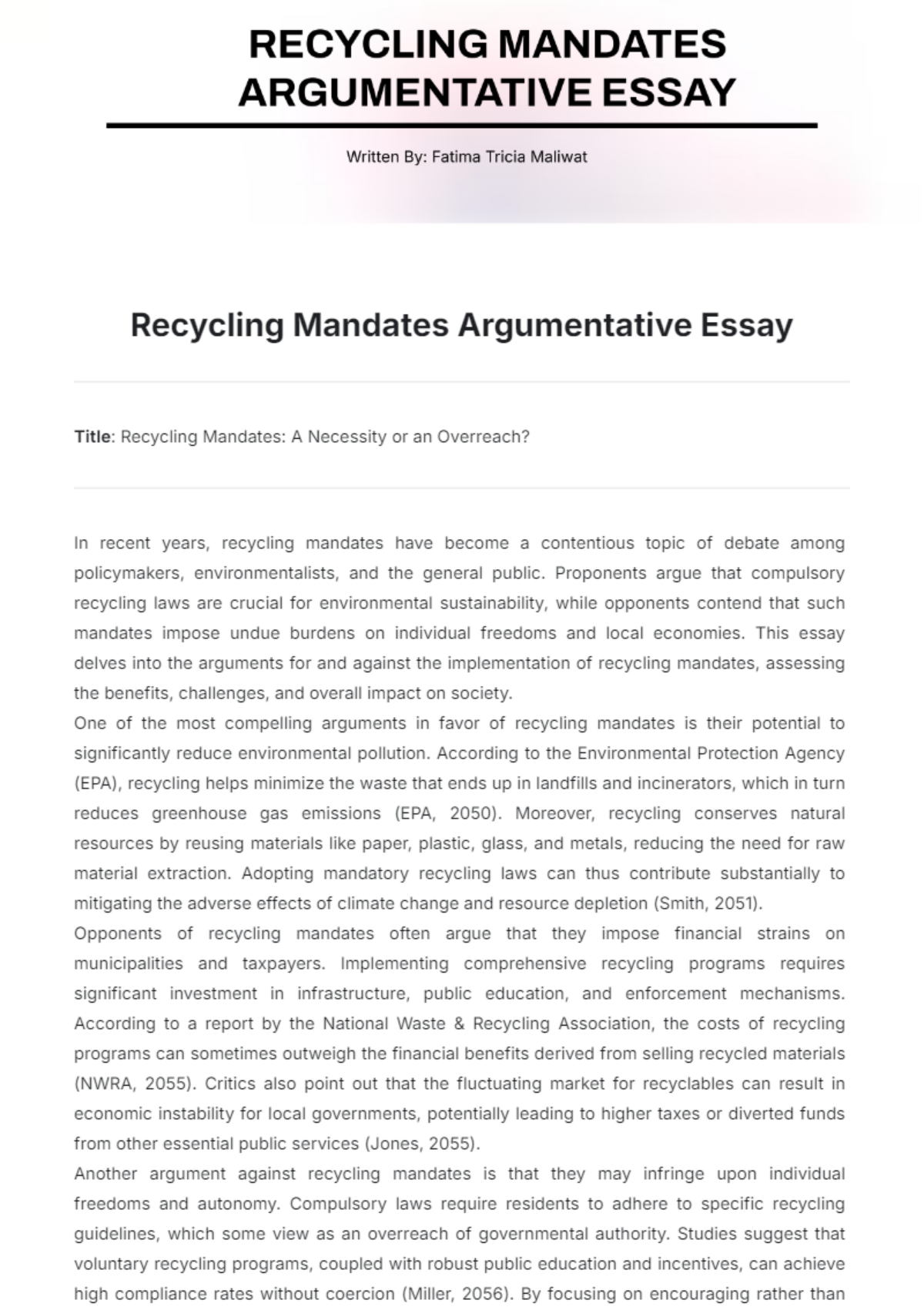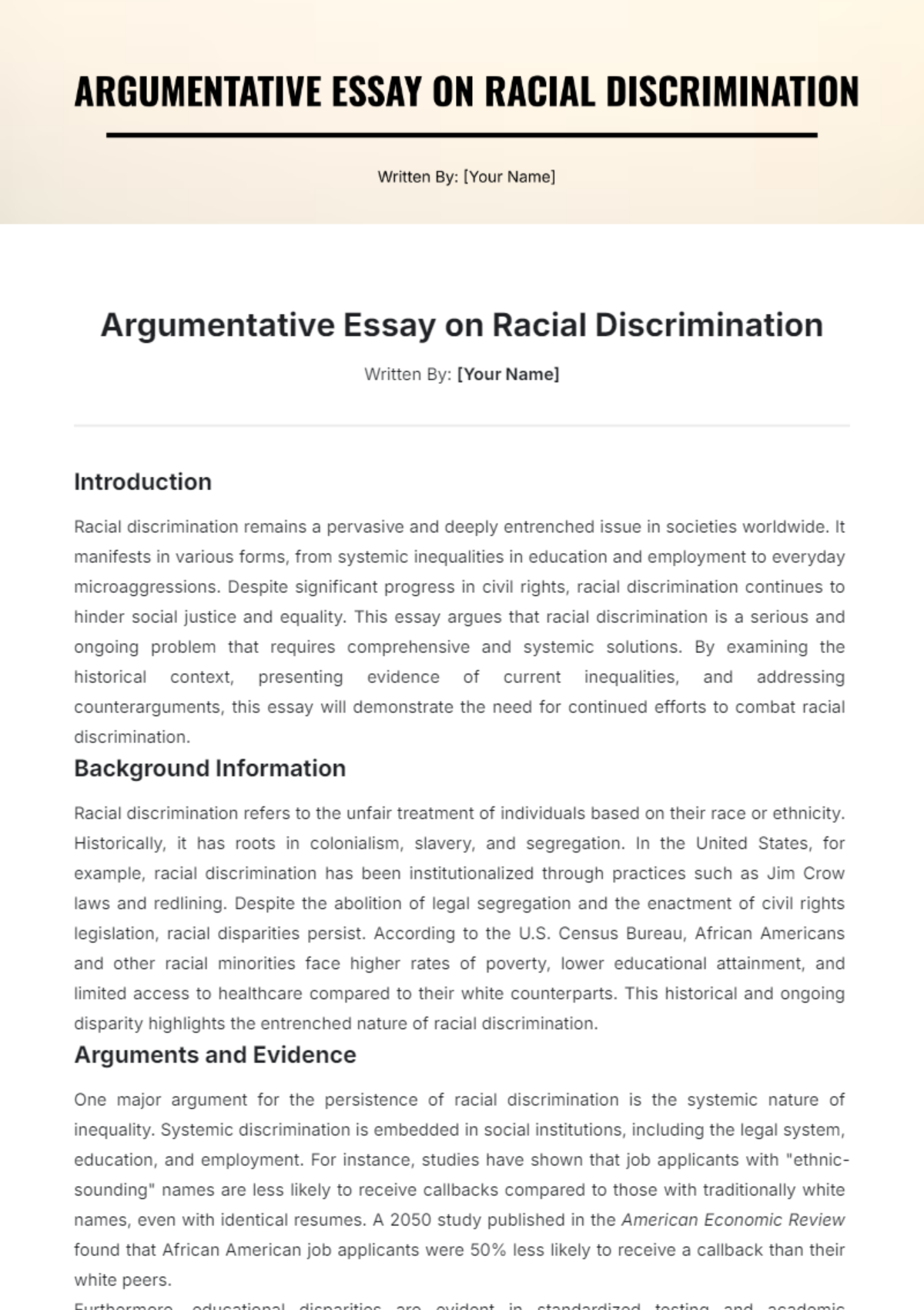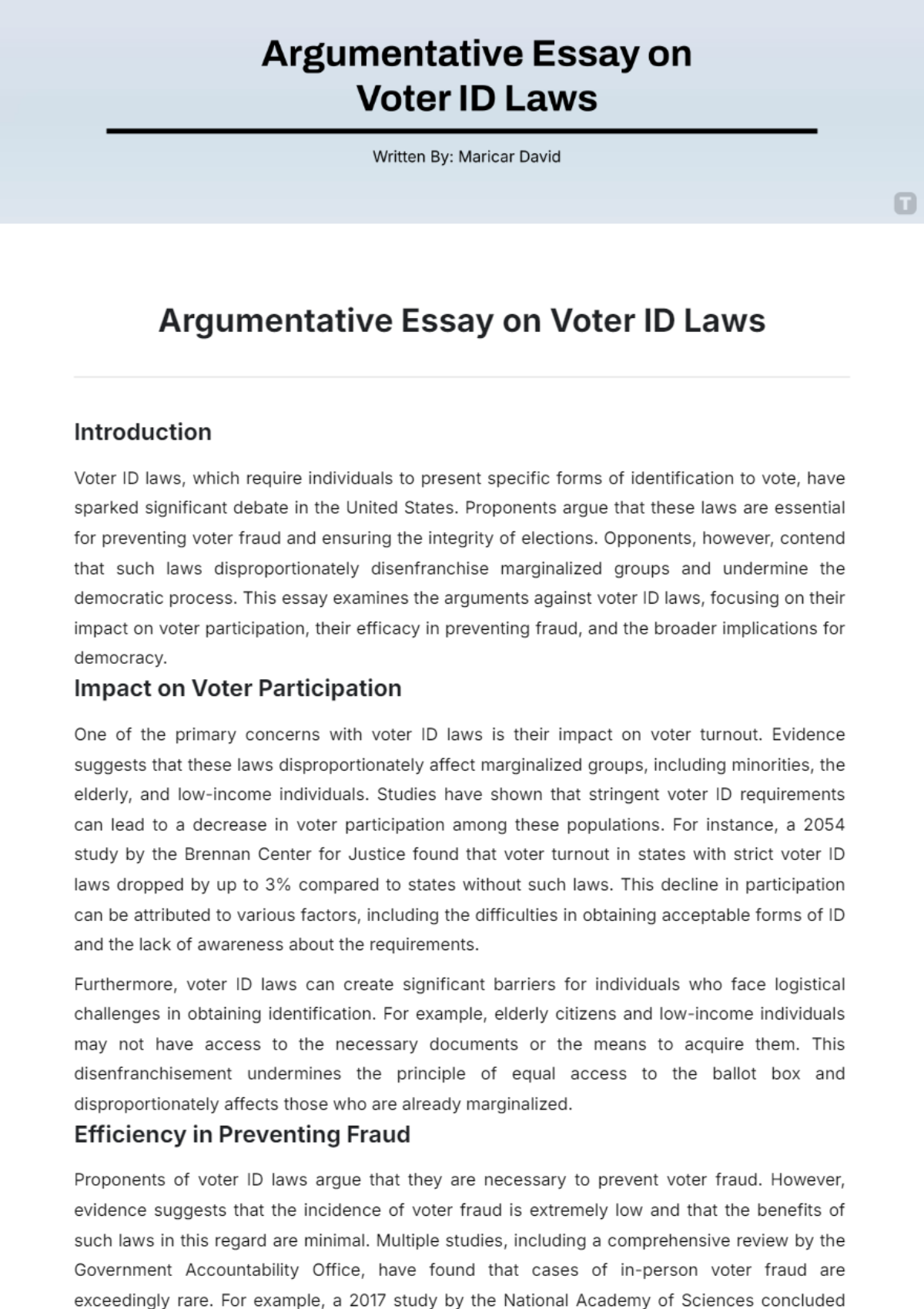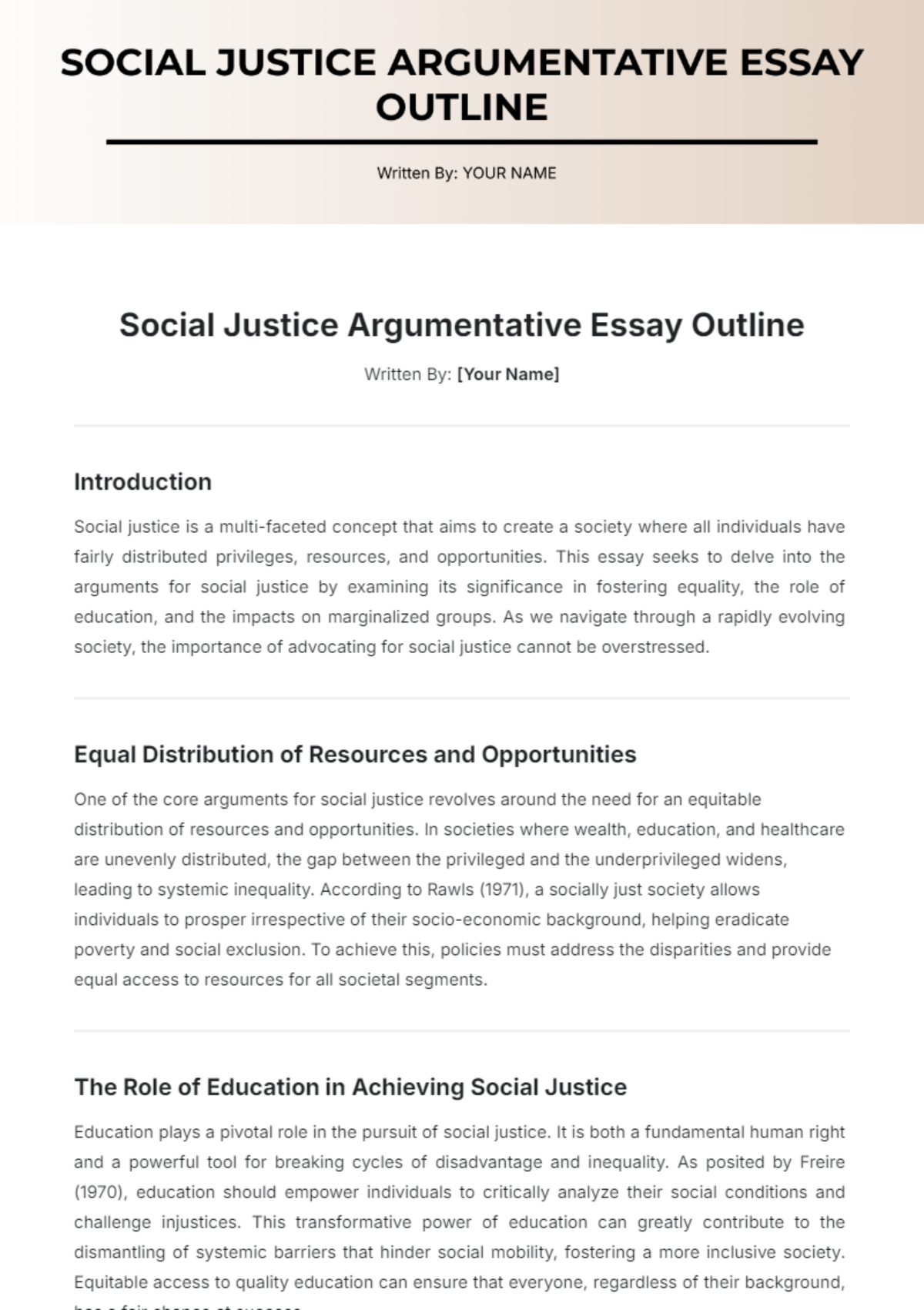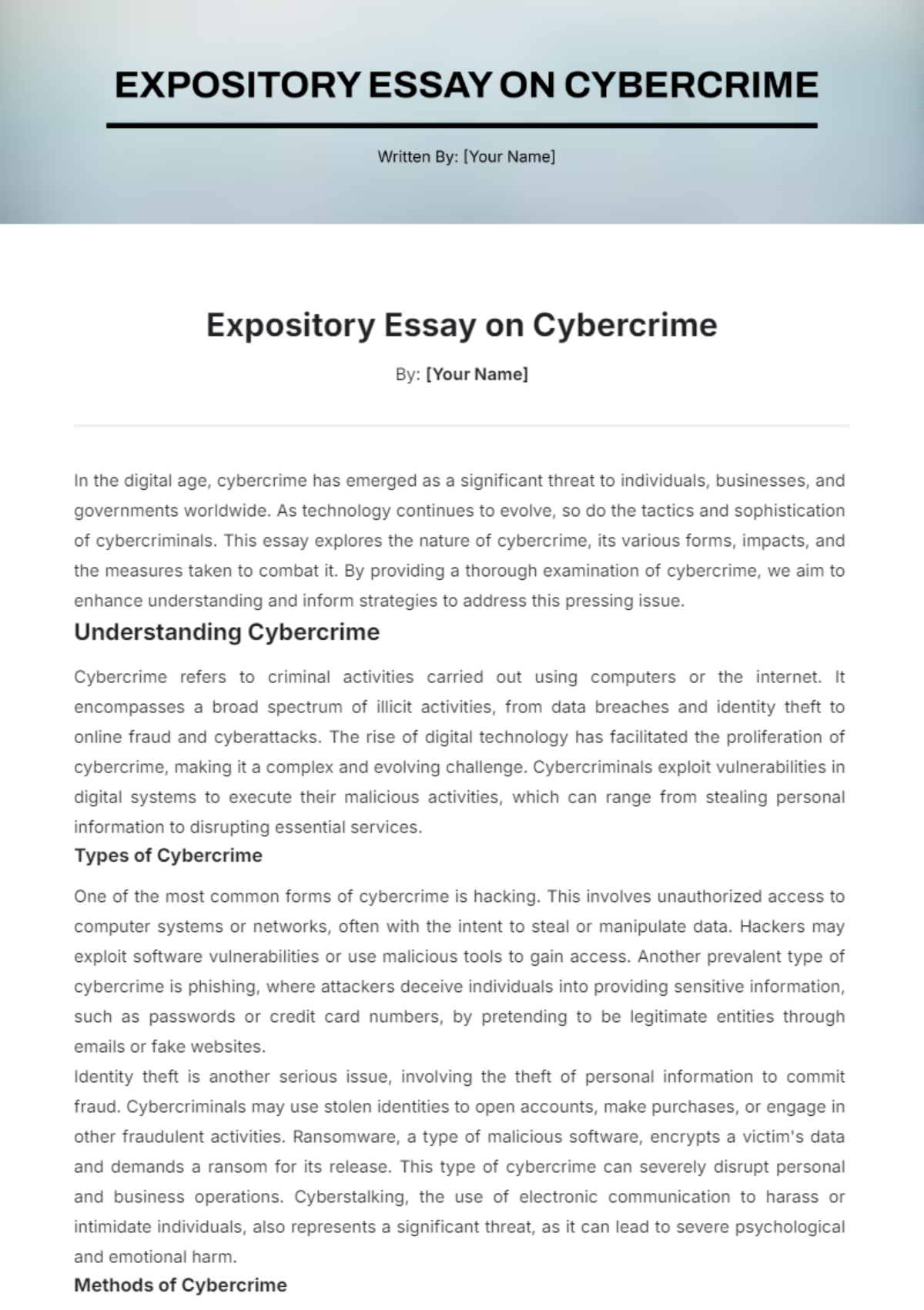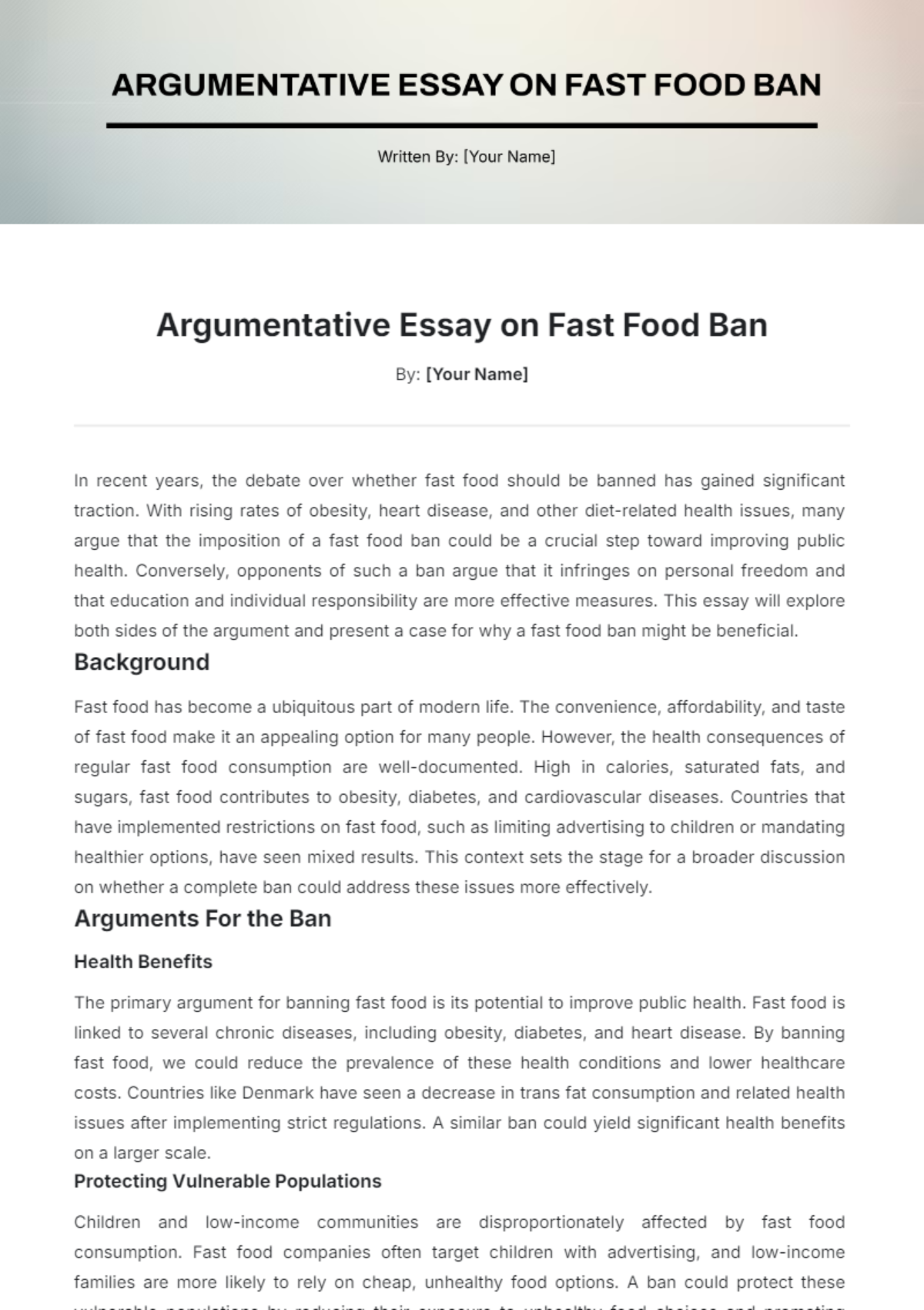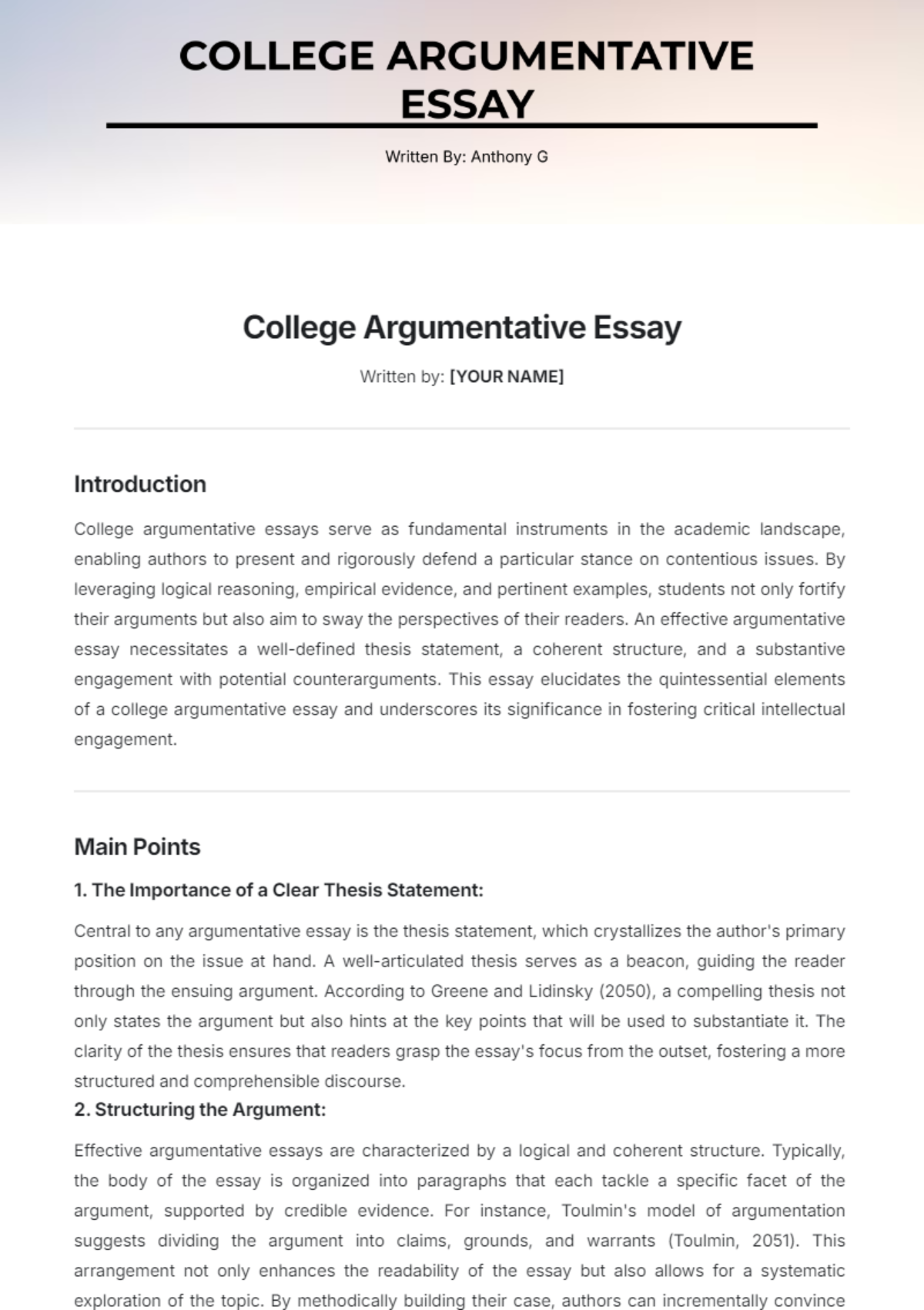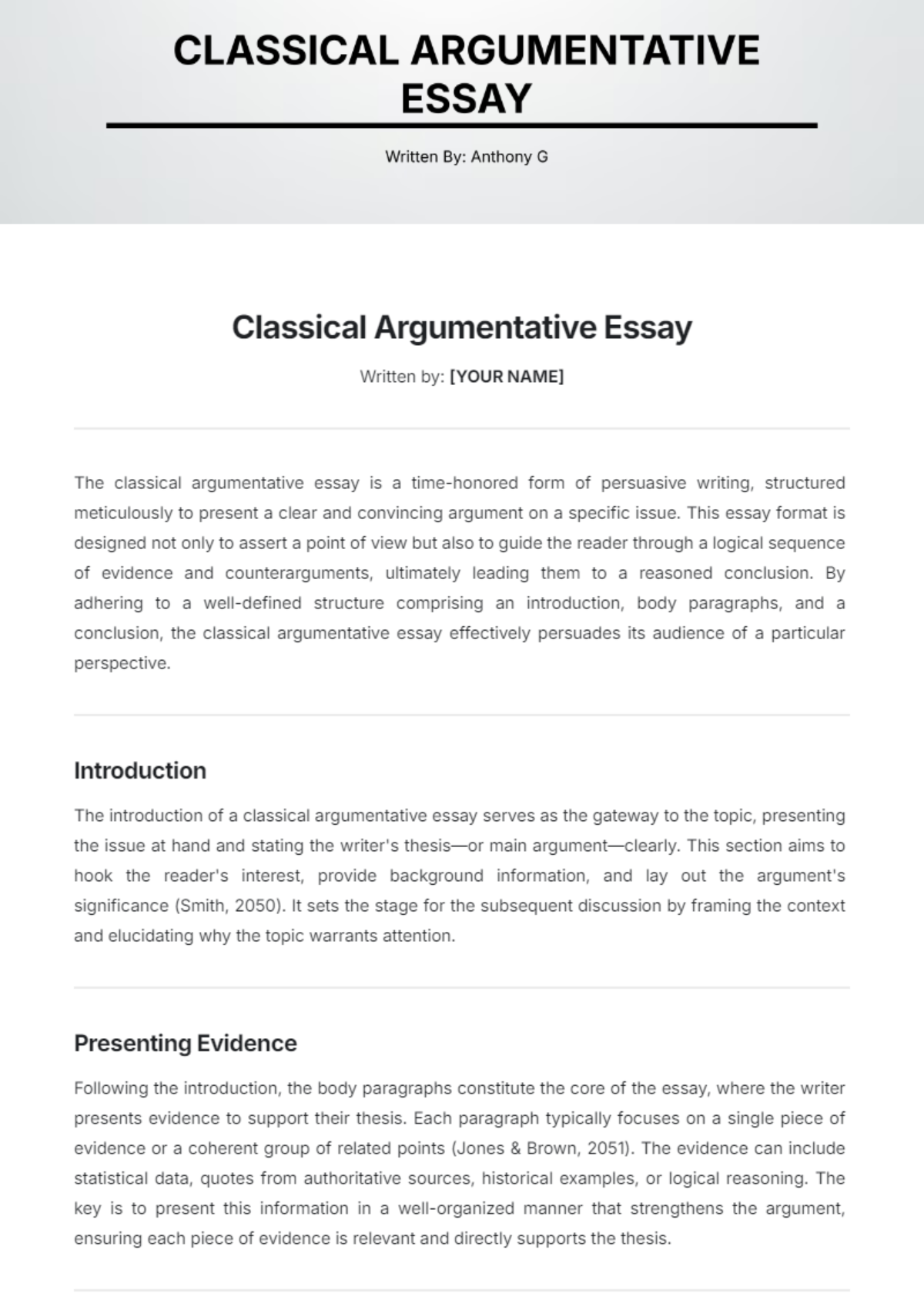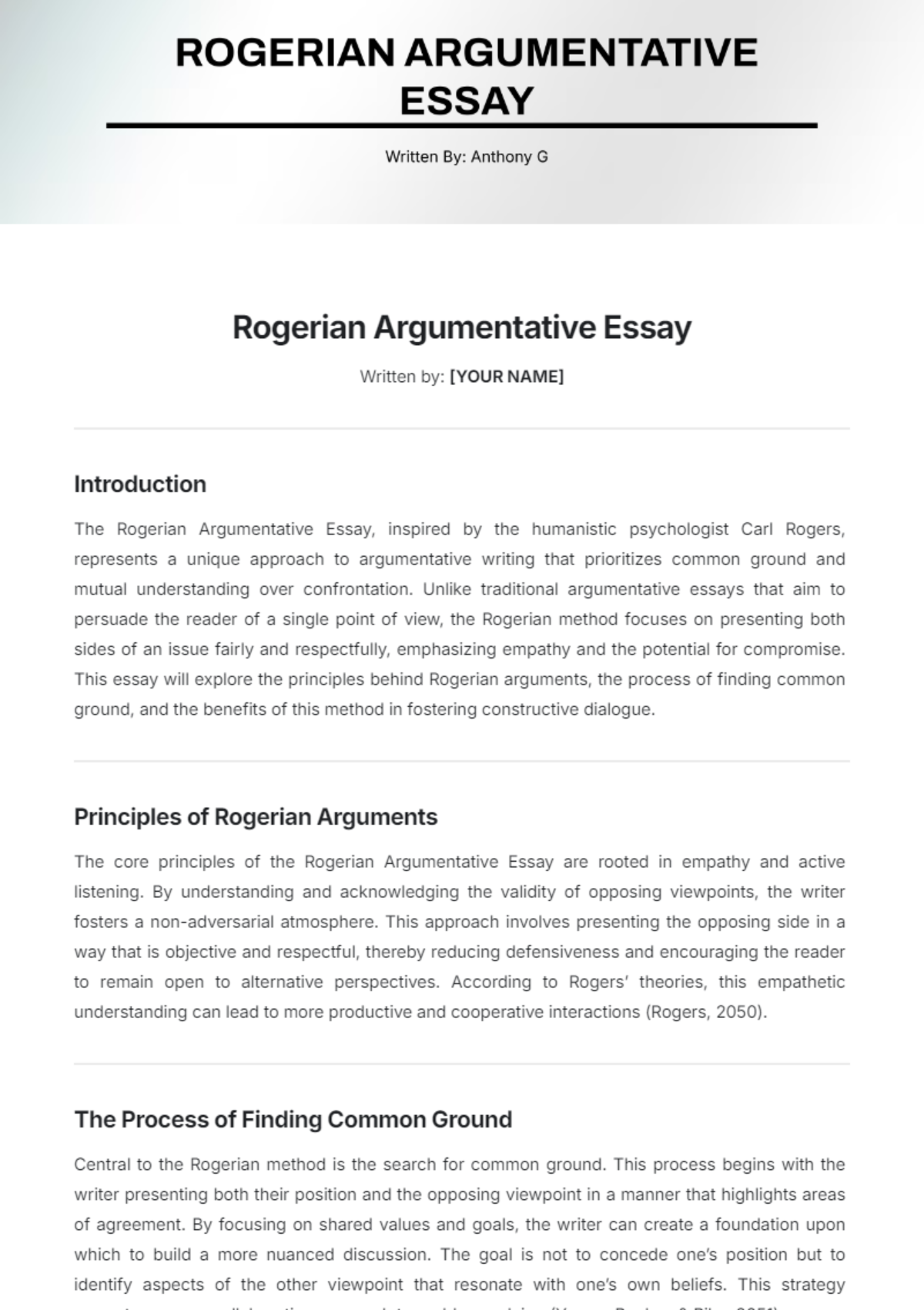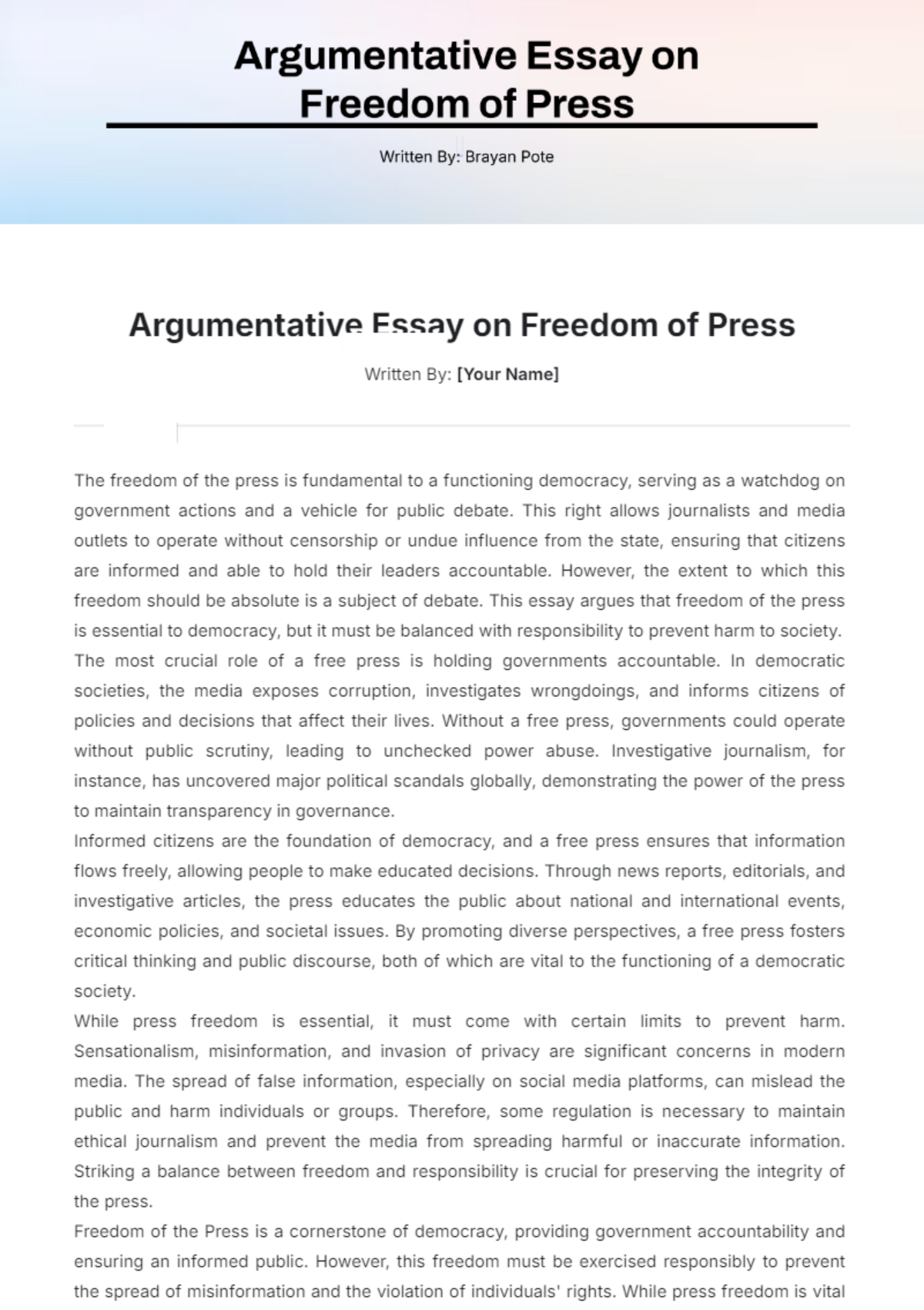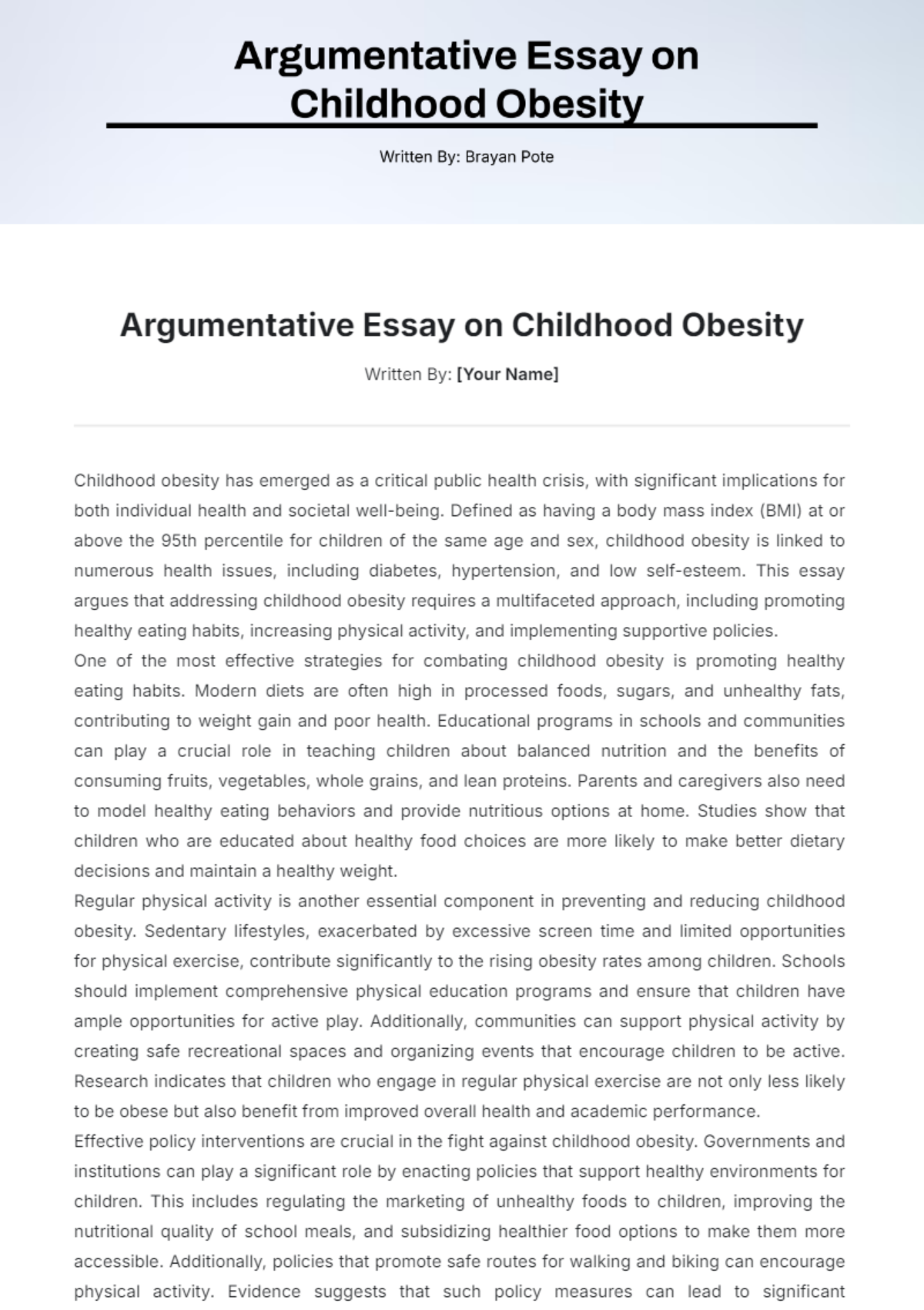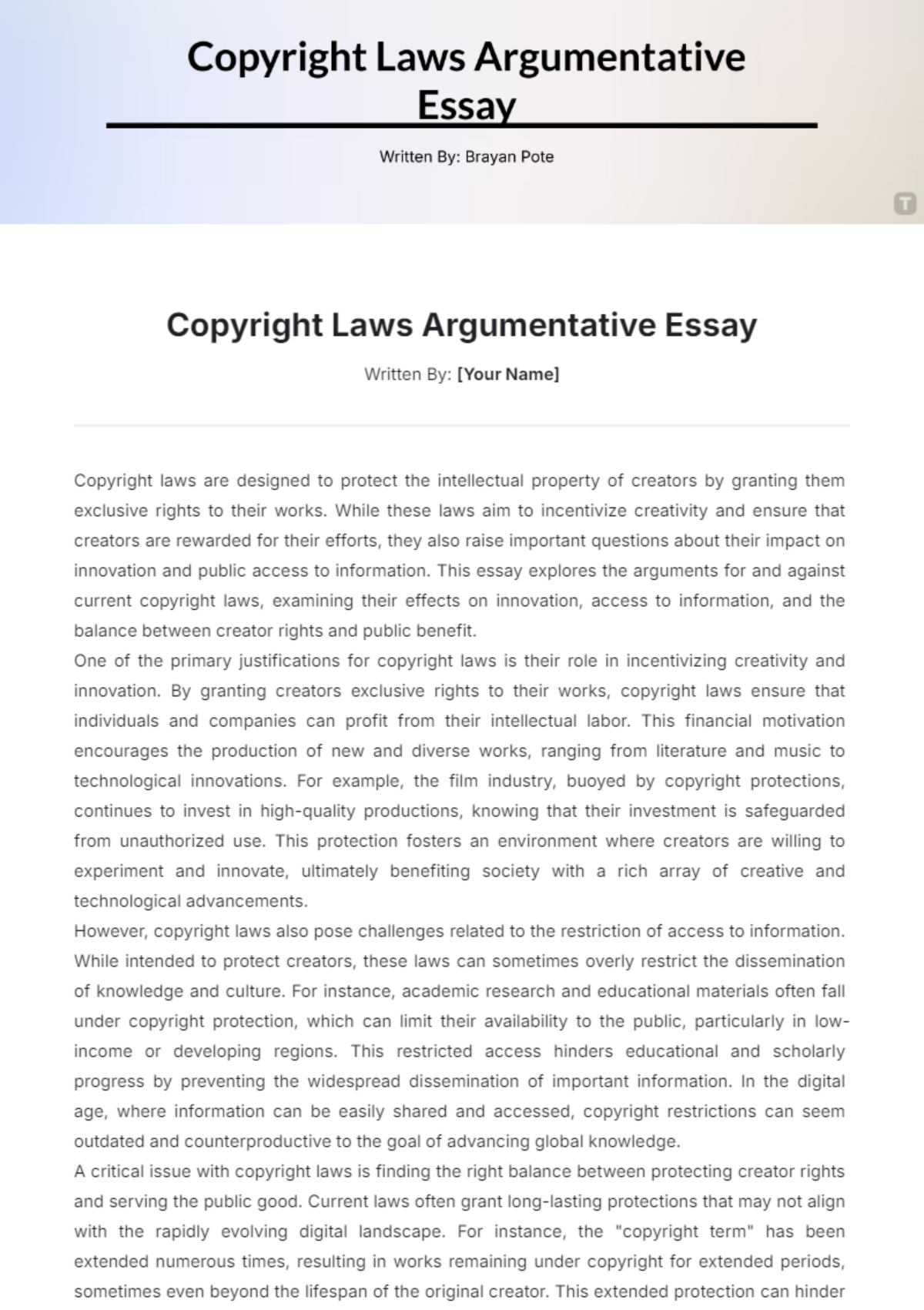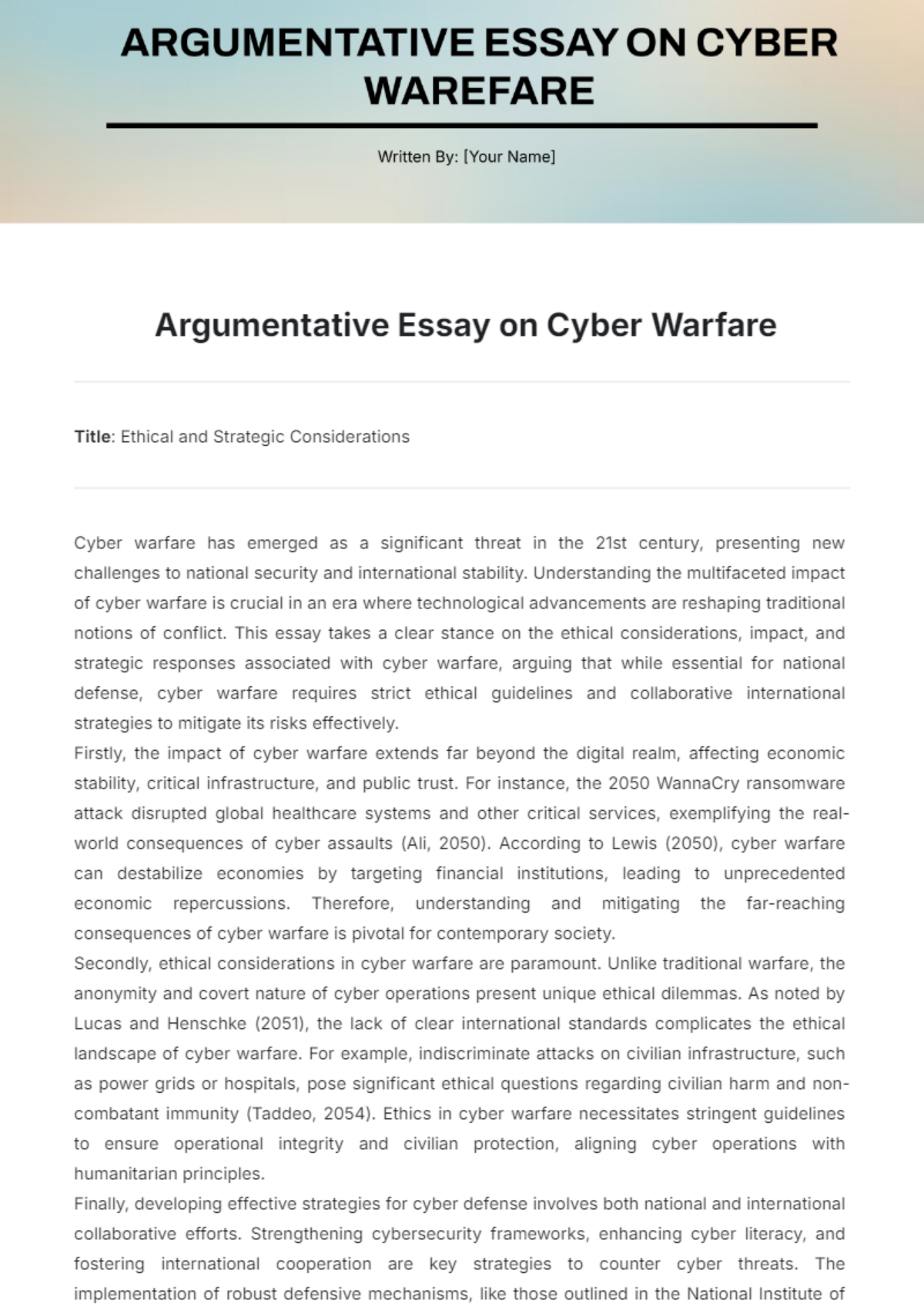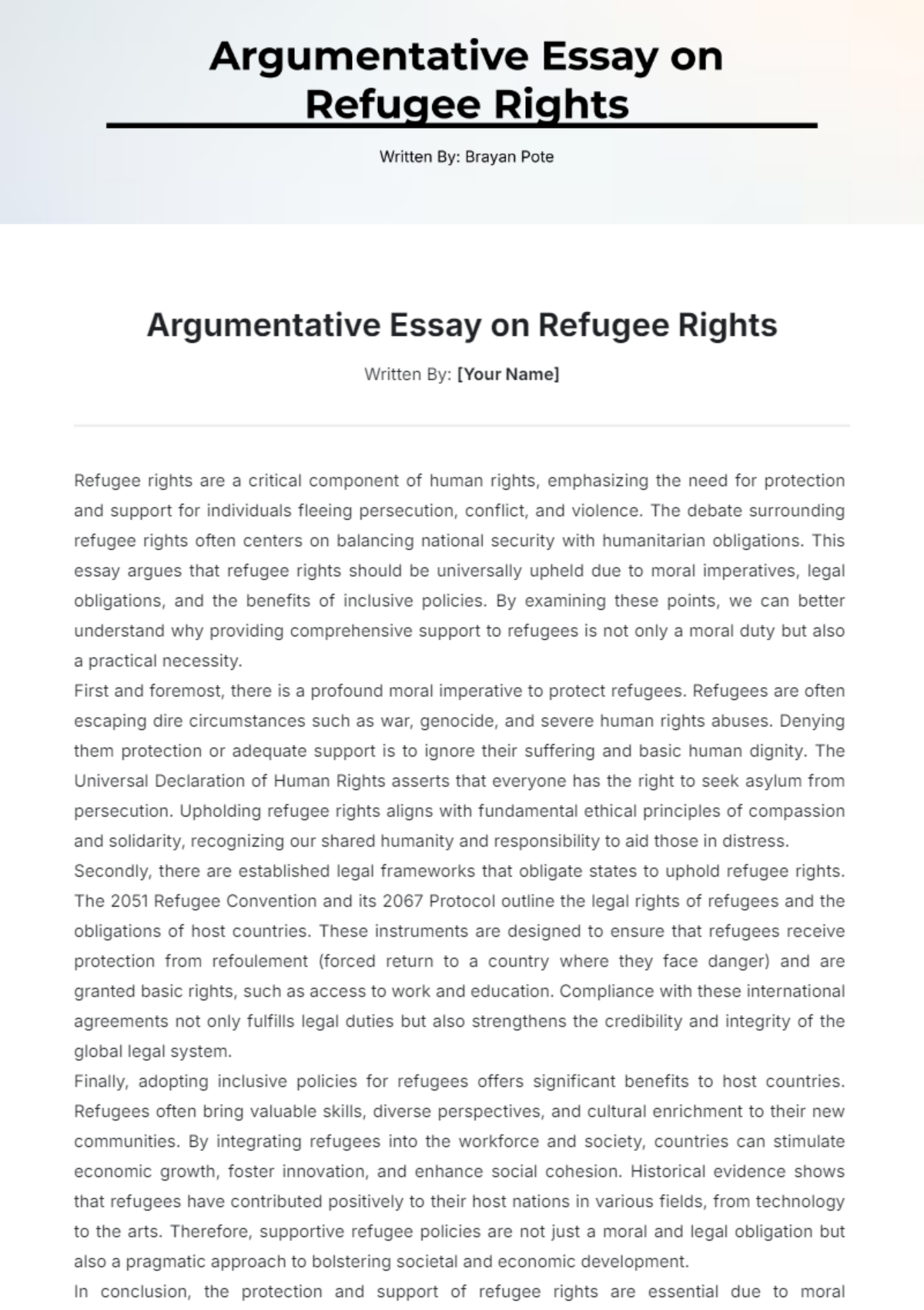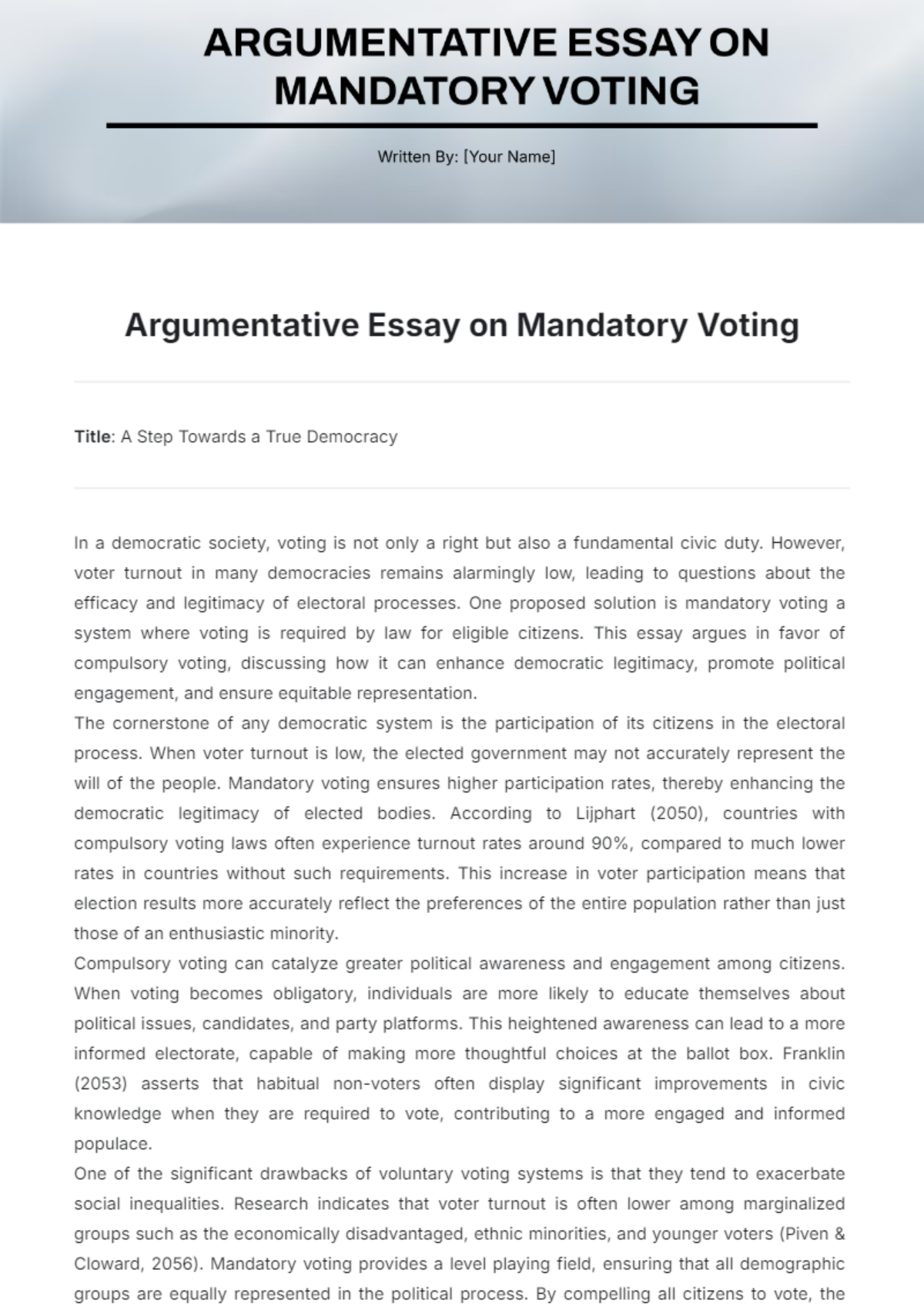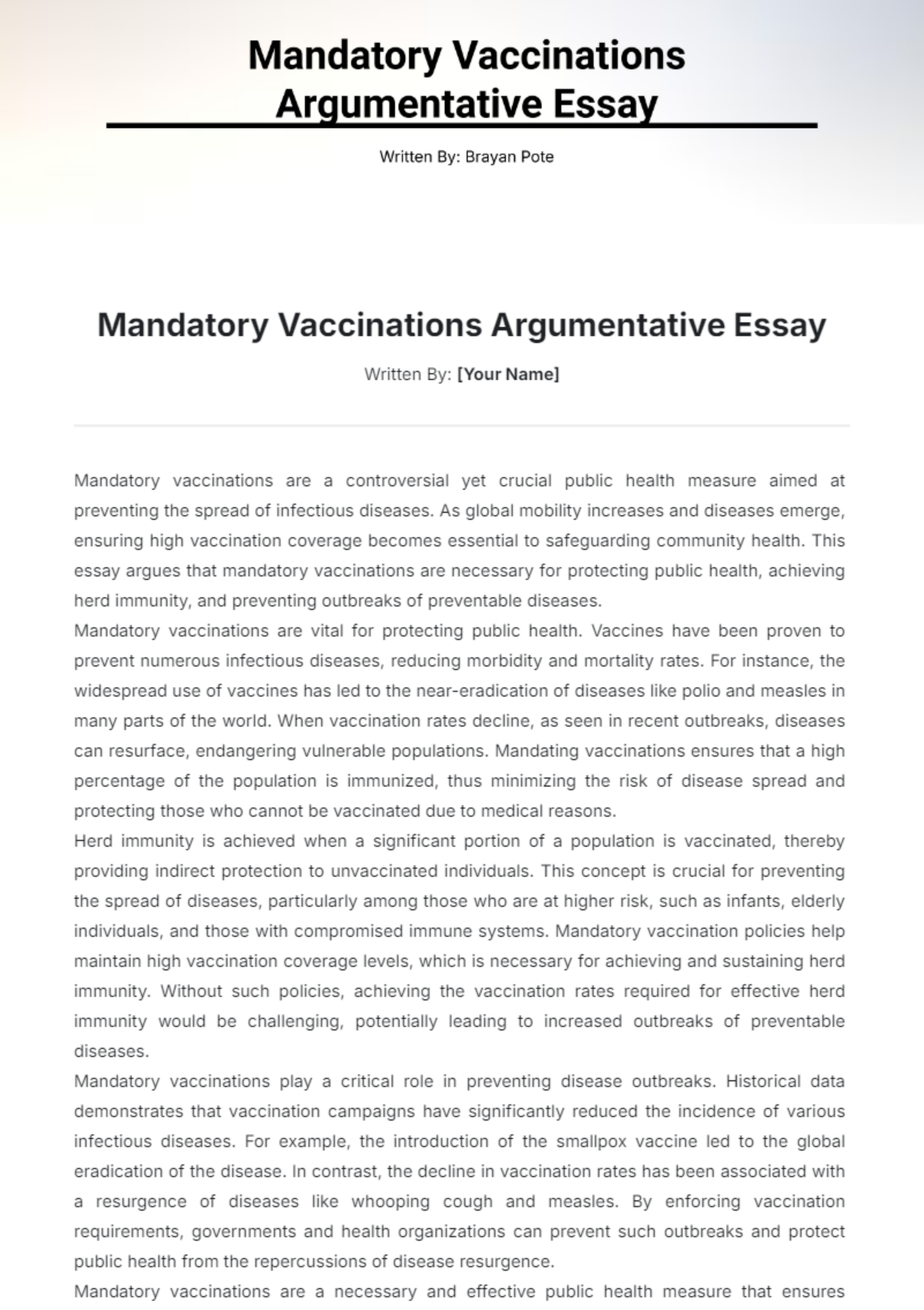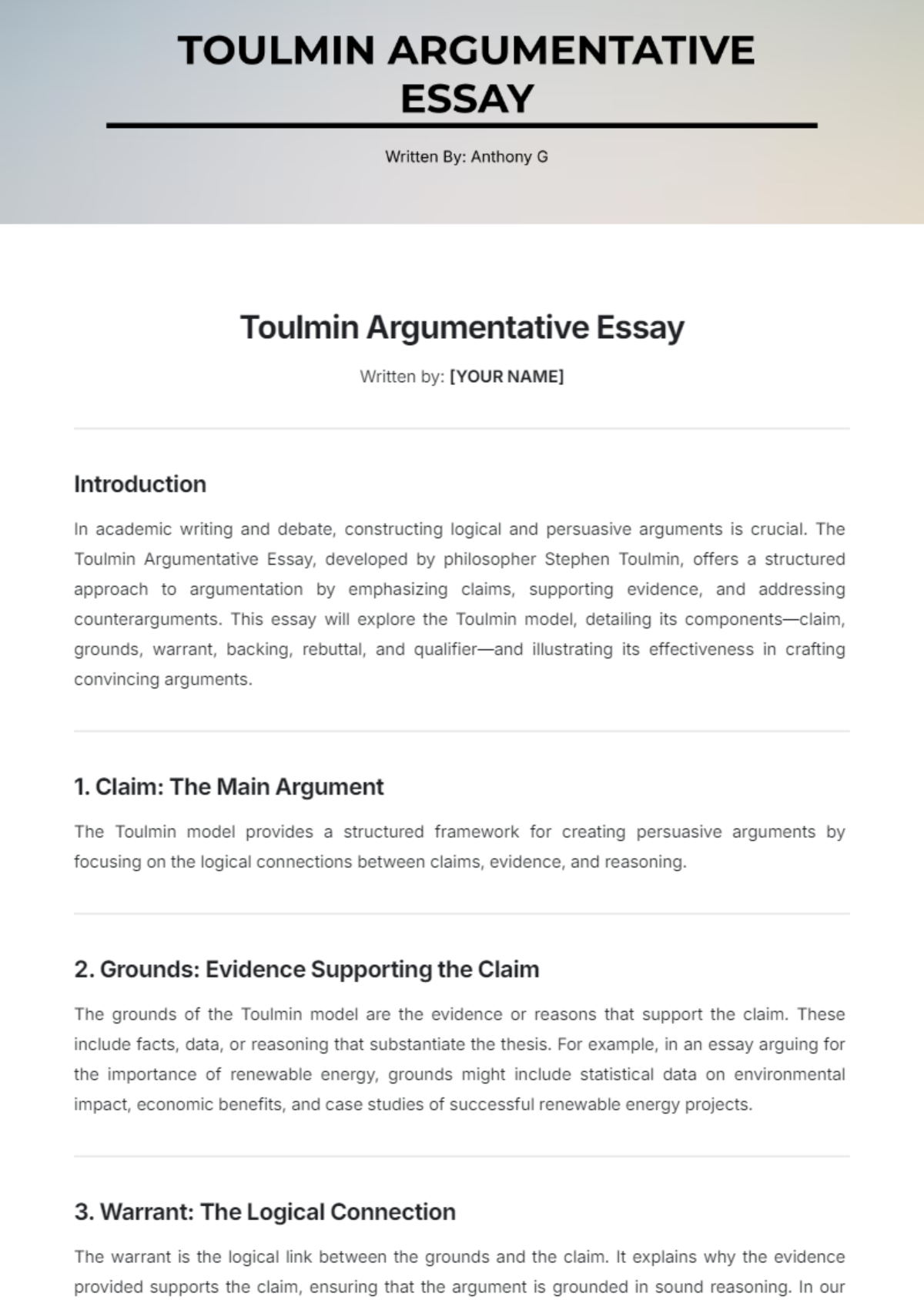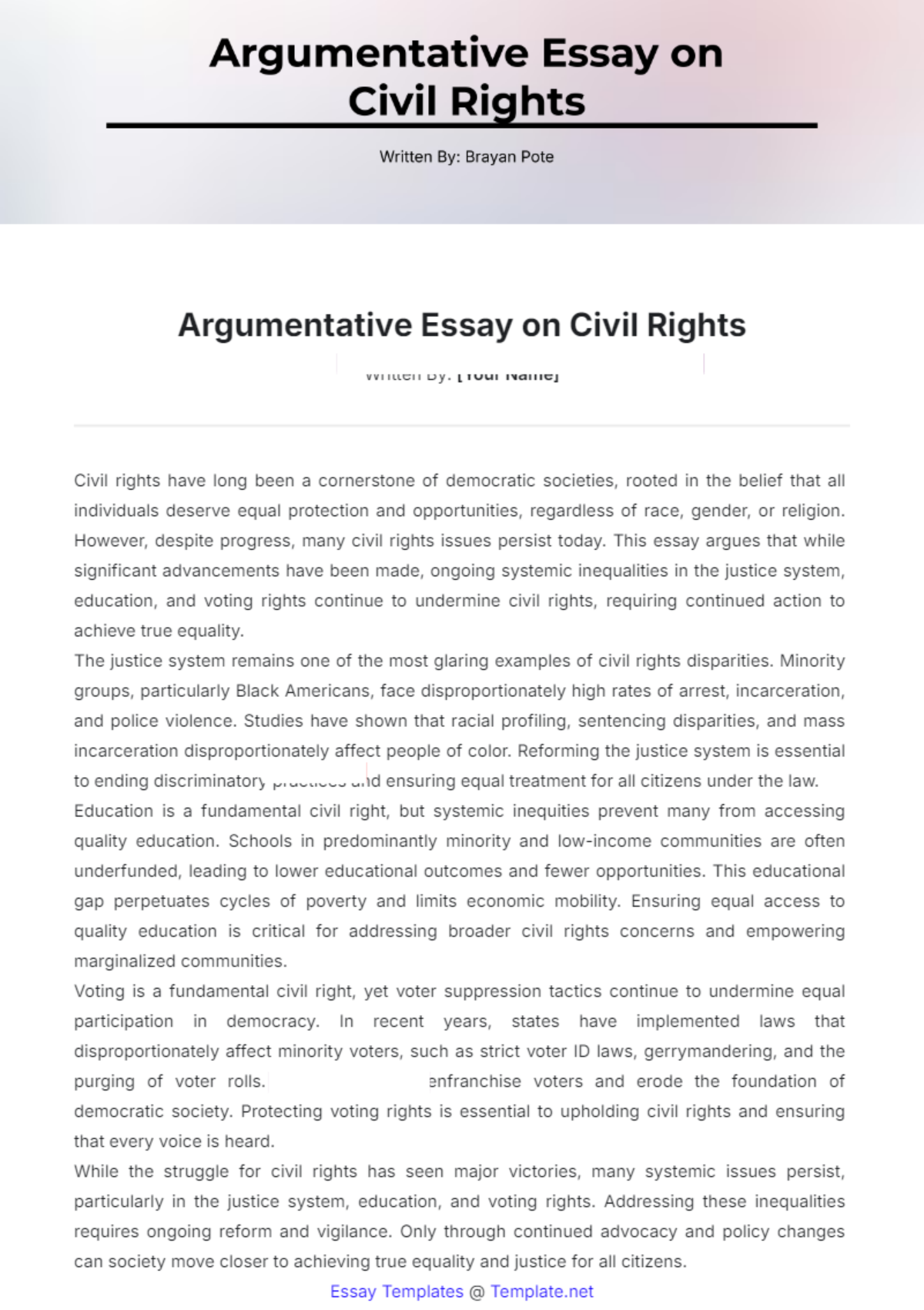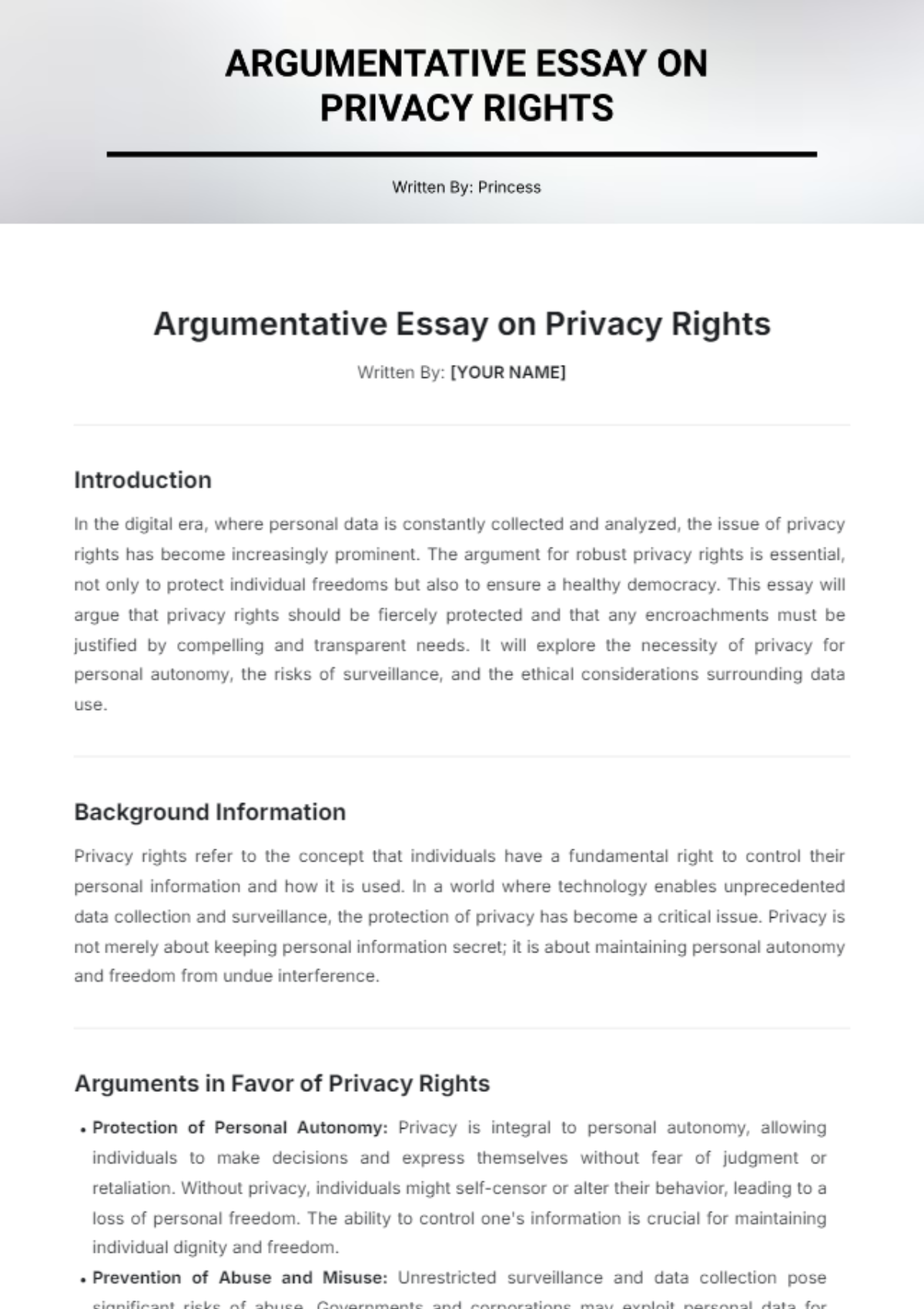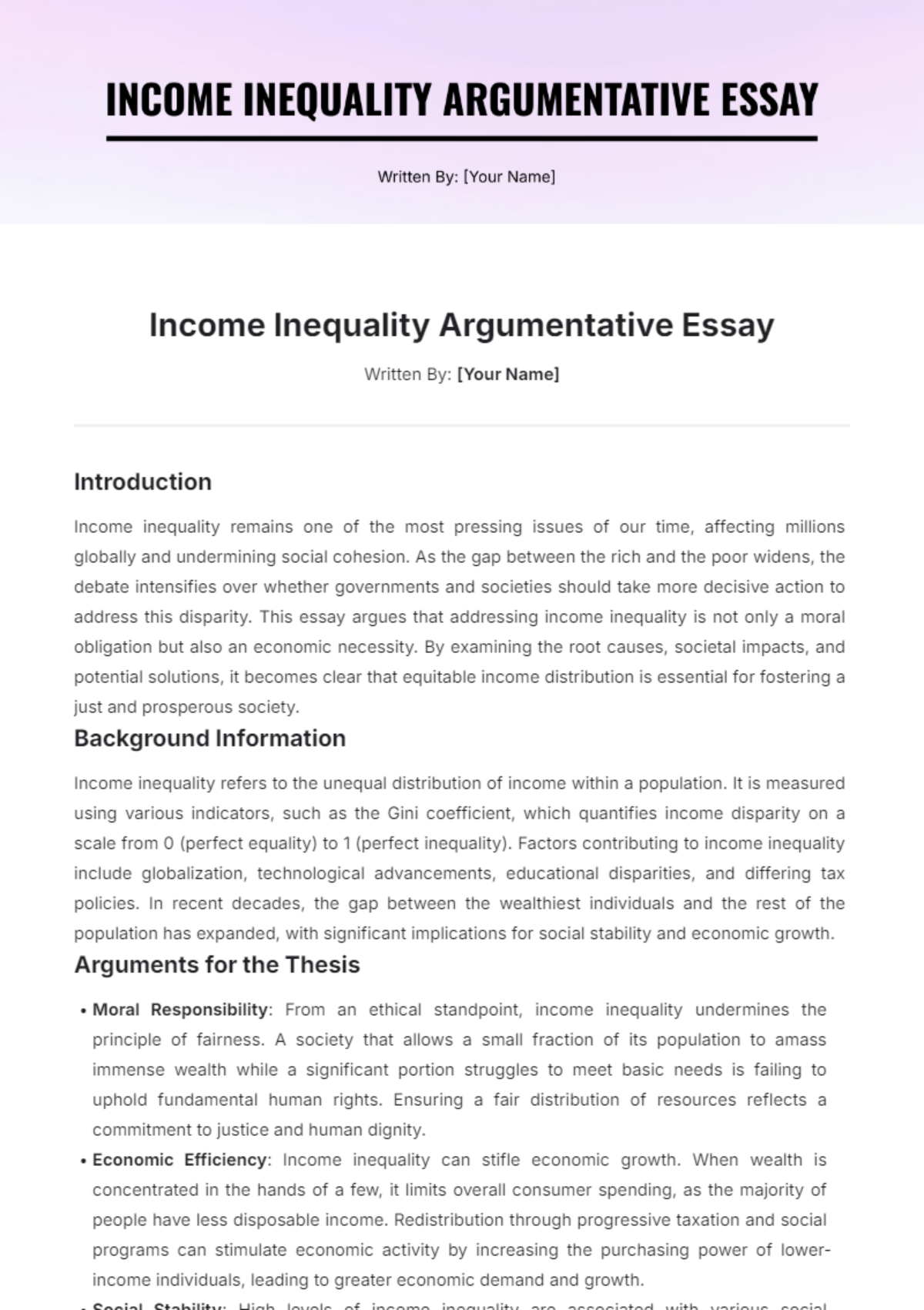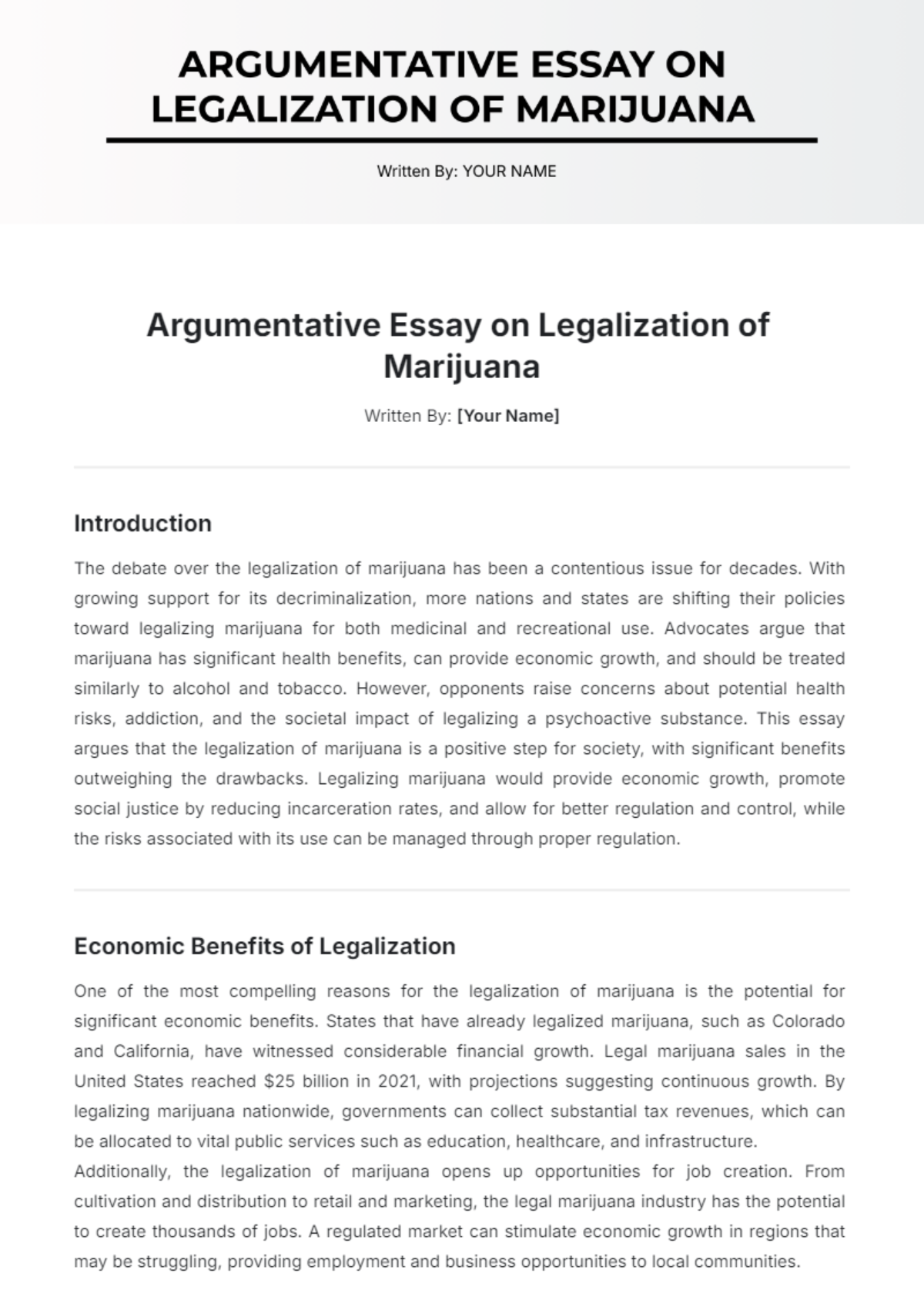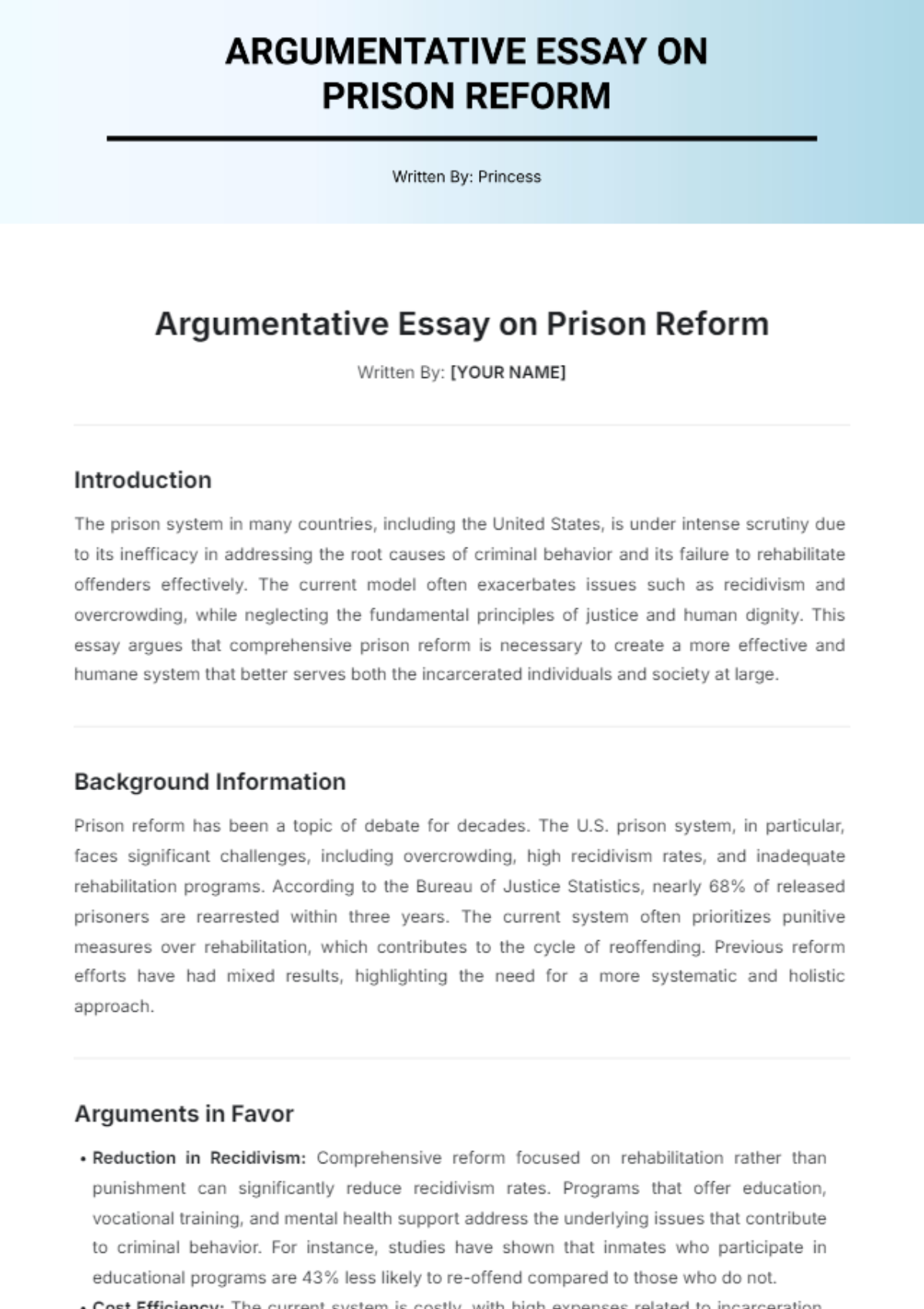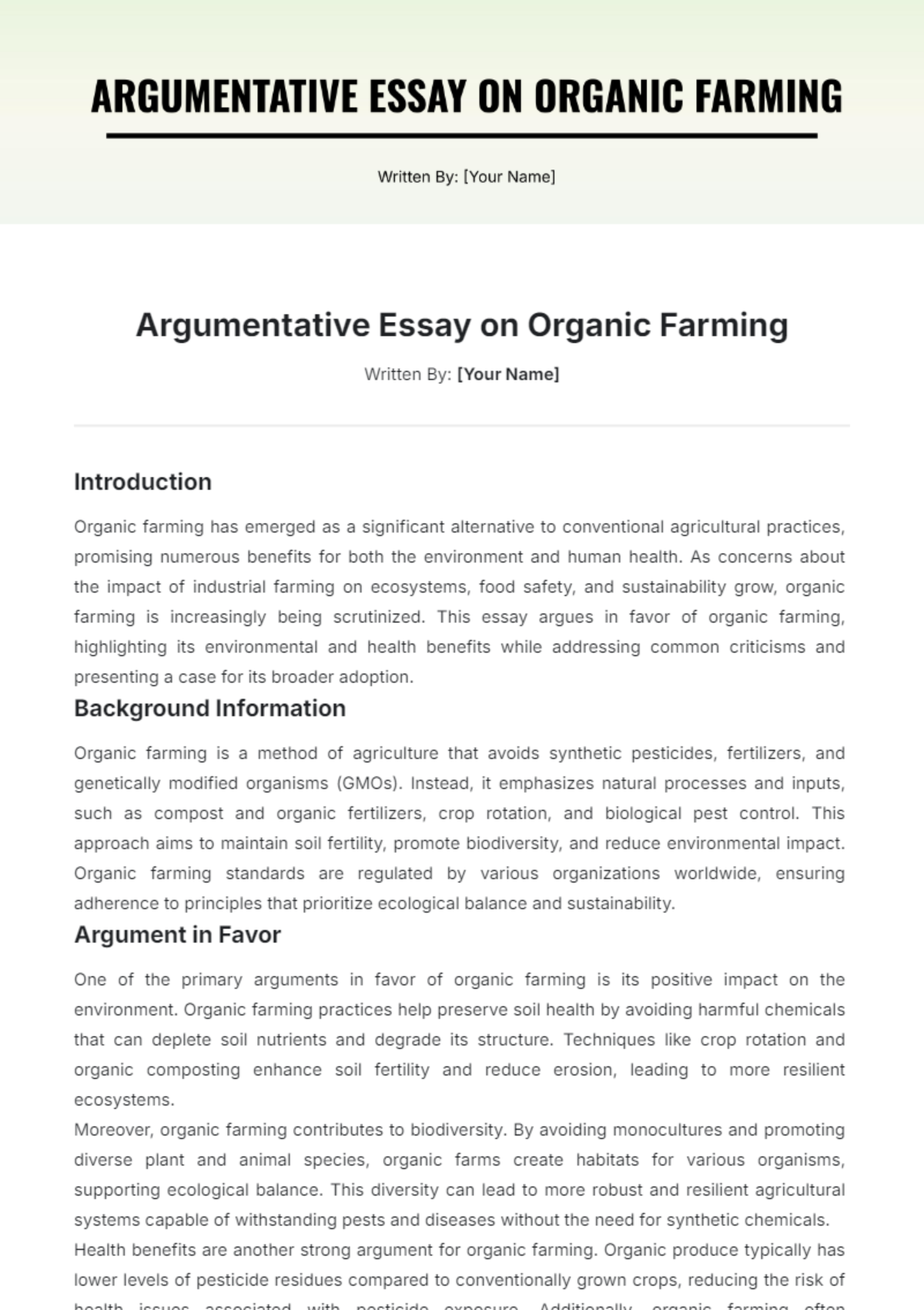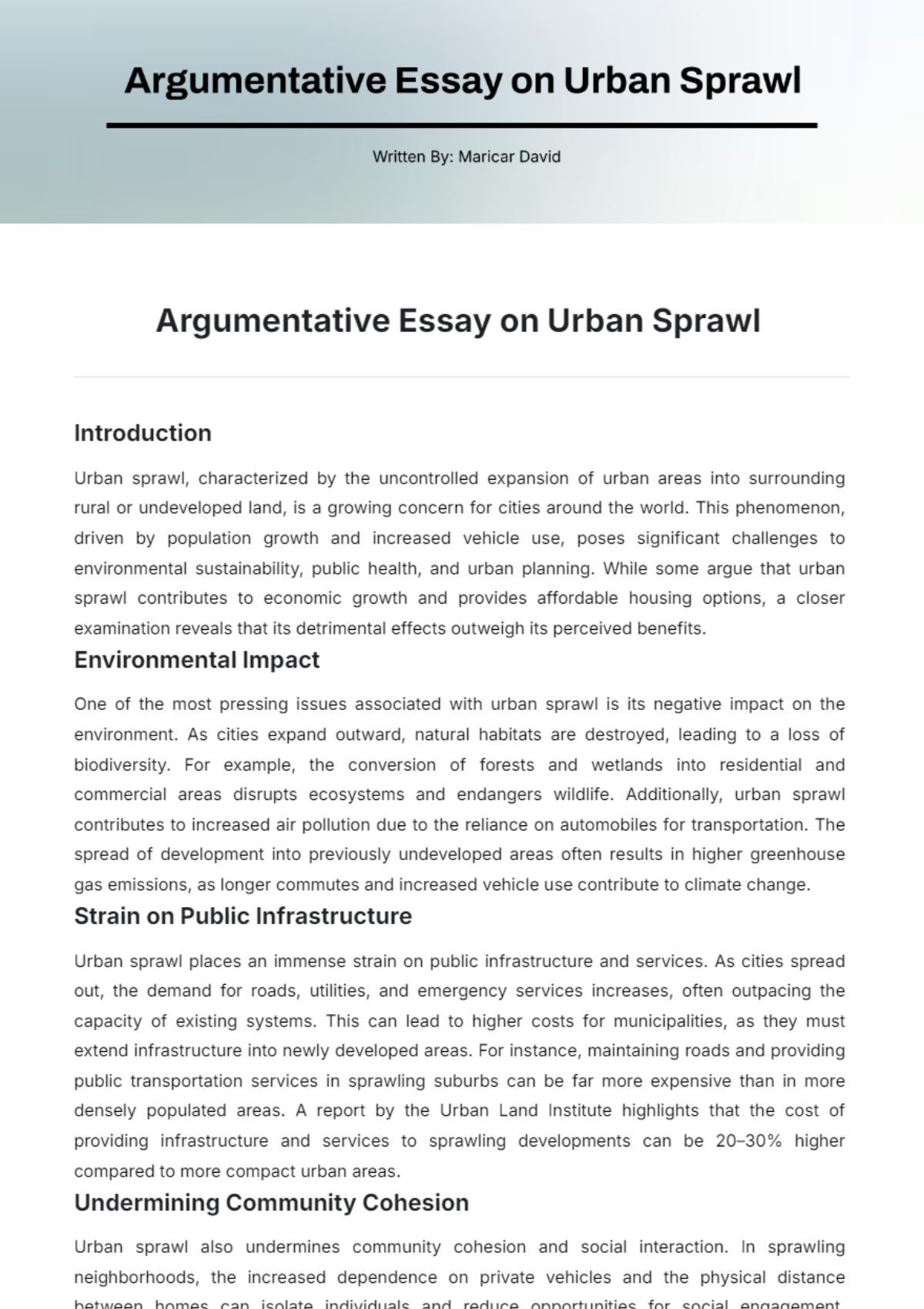Globalization Argumentative Essay
By: [Your Name]
Introduction
Globalization, the process by which economies, societies, and cultures have become interconnected through a global network of trade, communication, and transportation, has been one of the most significant phenomena of the modern world. While it has driven economic growth and innovation, globalization has also sparked debates about its impact on economic inequality. This essay argues that globalization, despite its benefits, has exacerbated economic disparities both within and between countries, contributing to a widening gap between the rich and the poor.
Globalization and Income Disparities
One of the most significant ways globalization has contributed to economic inequality is through its impact on income distribution. In developed countries, globalization has often led to the offshoring of manufacturing jobs to lower-wage countries, leaving many workers in industrial sectors unemployed or underemployed. This shift has resulted in wage stagnation for low-skilled workers in developed nations, while high-skilled workers, particularly those in technology and finance, have seen significant income growth. Consequently, the income gap between these two groups has widened, with wealth increasingly concentrated among the top earners.
Globalization and Wealth Concentration
Globalization has also facilitated the concentration of wealth among multinational corporations and their executives. As companies expand globally, they often benefit from economies of scale, tax avoidance strategies, and access to cheap labor markets. These advantages have allowed corporations to amass unprecedented levels of wealth, which is often distributed among a small group of executives and shareholders. This concentration of wealth further exacerbates economic inequality, as the benefits of globalization are not shared equitably across the broader population.
Globalization and Developing Economies
While globalization has provided opportunities for economic growth in developing countries, it has also deepened inequalities within these nations. Globalization often leads to the exploitation of cheap labor in developing economies, where workers face poor working conditions, low wages, and limited labor rights. Although these countries may experience economic growth, the benefits are often unevenly distributed, with the wealth generated by globalization primarily accruing to a small elite, while the majority of the population remains in poverty. This dynamic reinforces existing inequalities and hinders efforts to achieve more equitable economic development.
Conclusion
In conclusion, while globalization has undeniably driven economic growth and innovation, it has also contributed to widening economic inequalities both within and between countries. Income disparities, wealth concentration among multinational corporations, and the uneven distribution of benefits in developing economies are all clear indicators of the unequal impact of globalization. As the world continues to globalize, it is essential to address these inequalities through more equitable policies and practices that ensure the benefits of globalization are shared more broadly across all segments of society.

